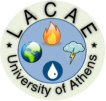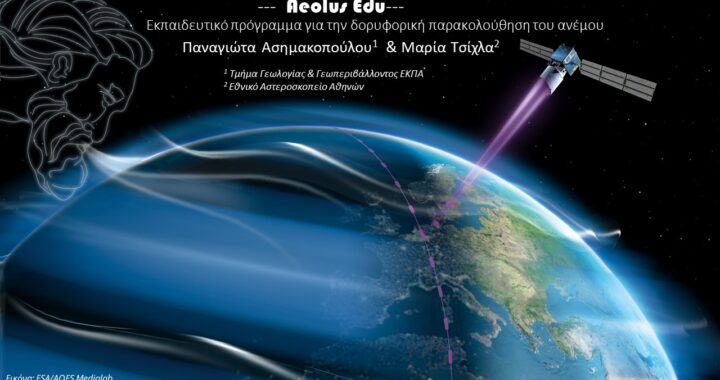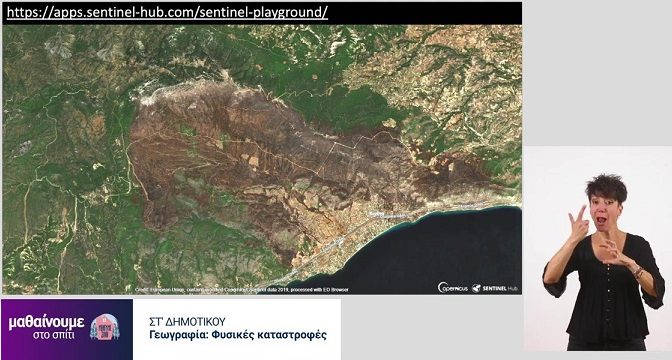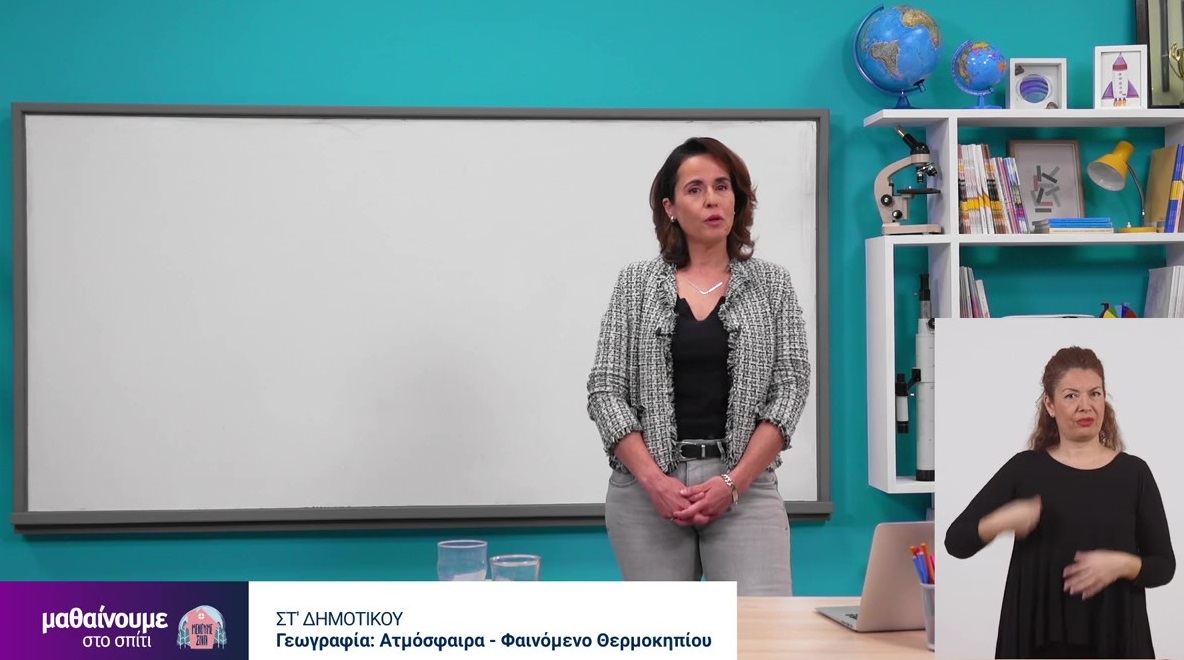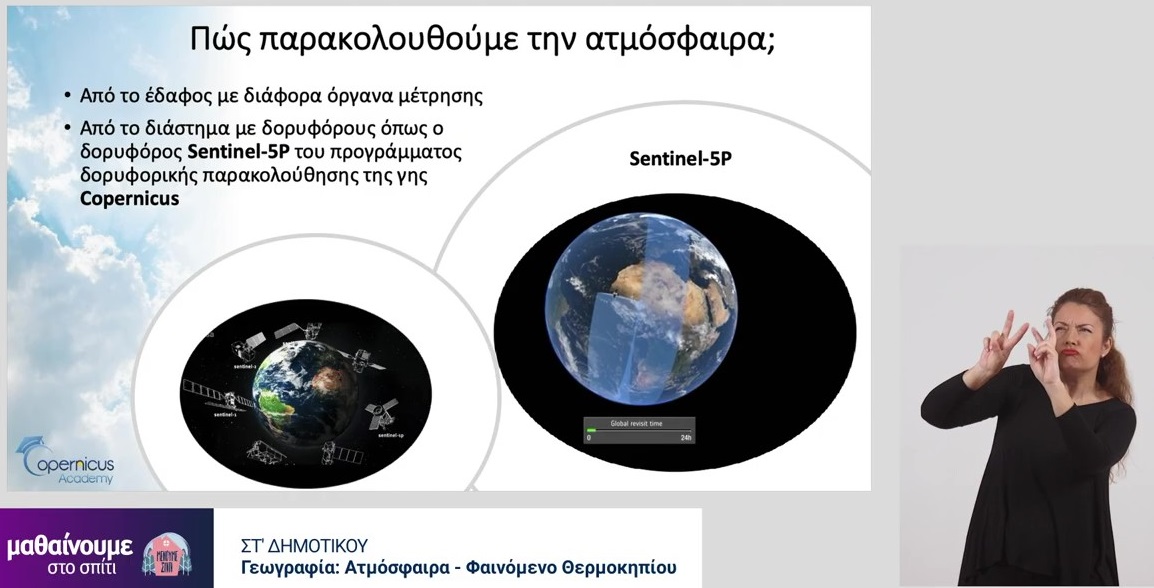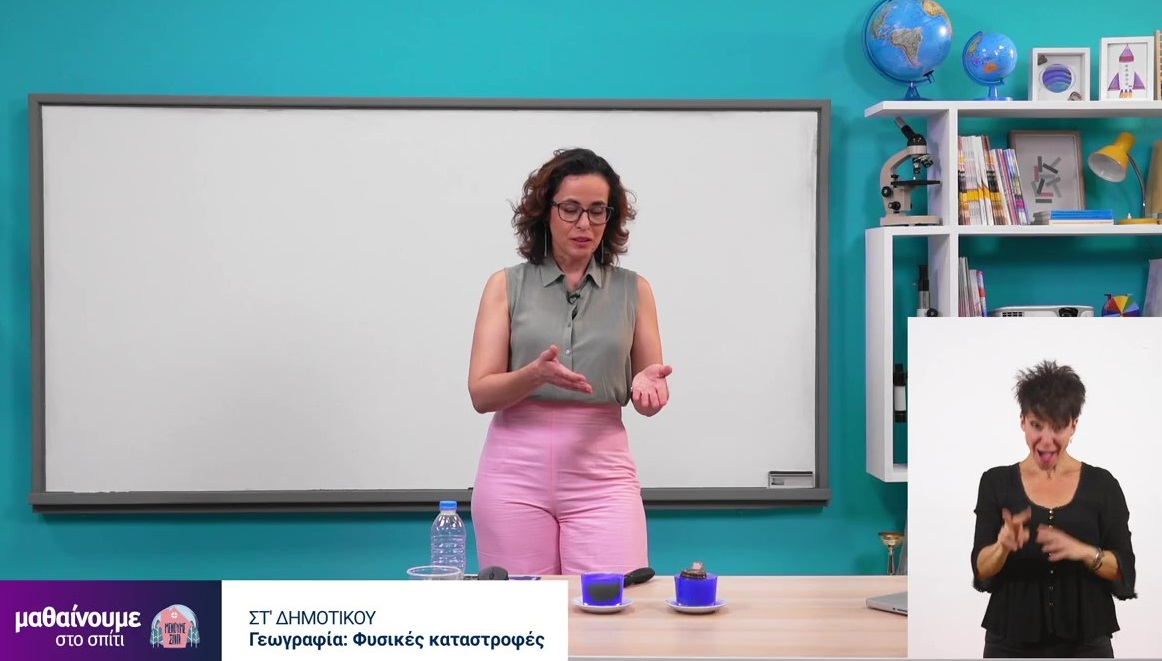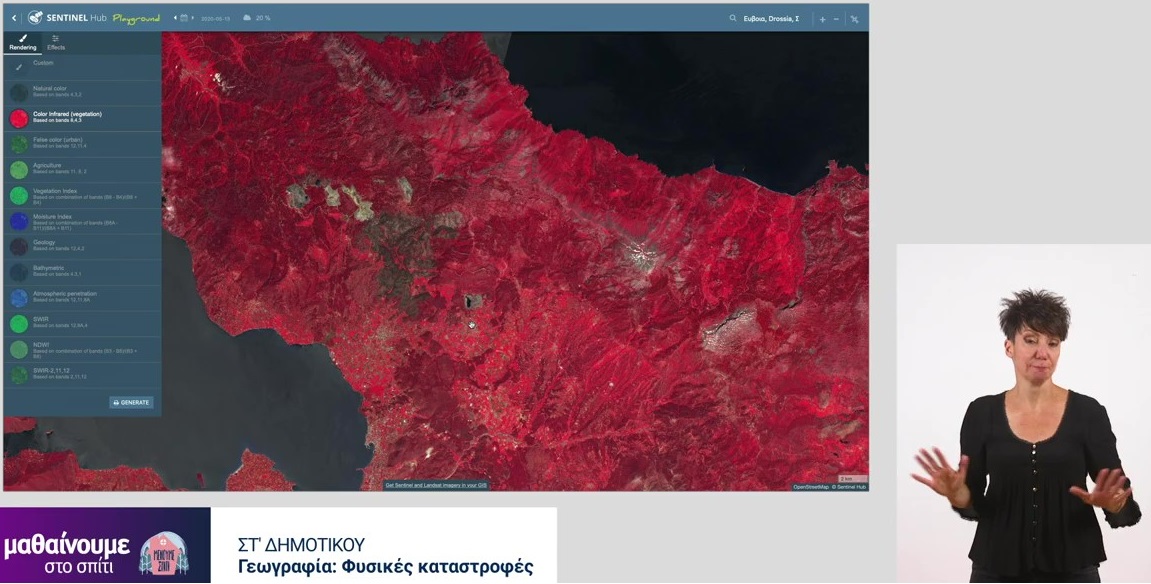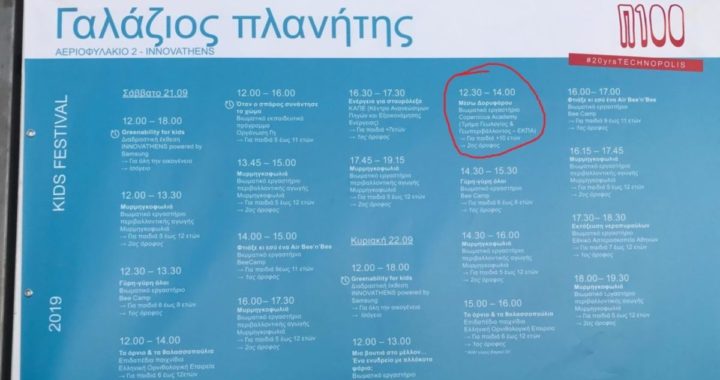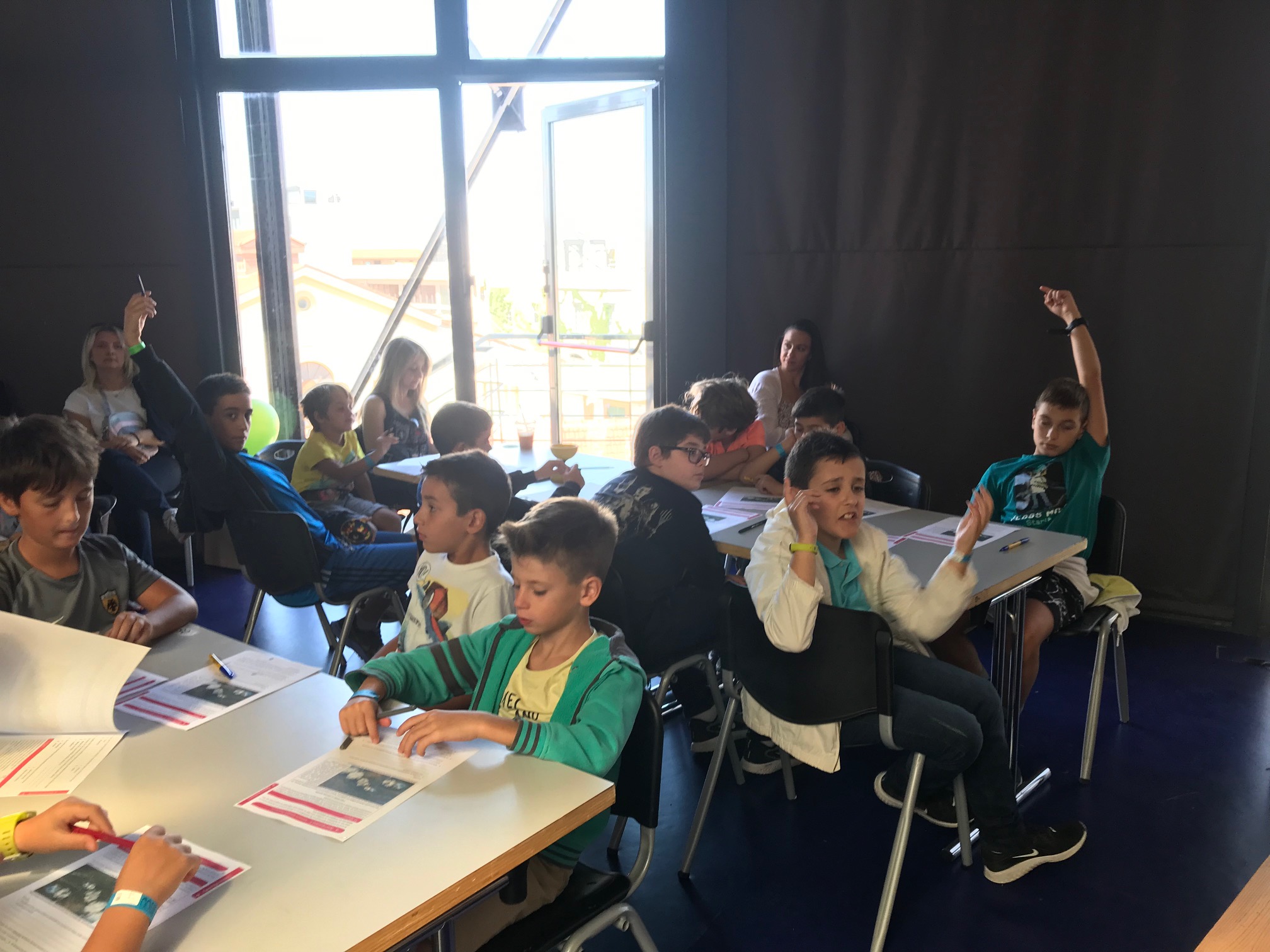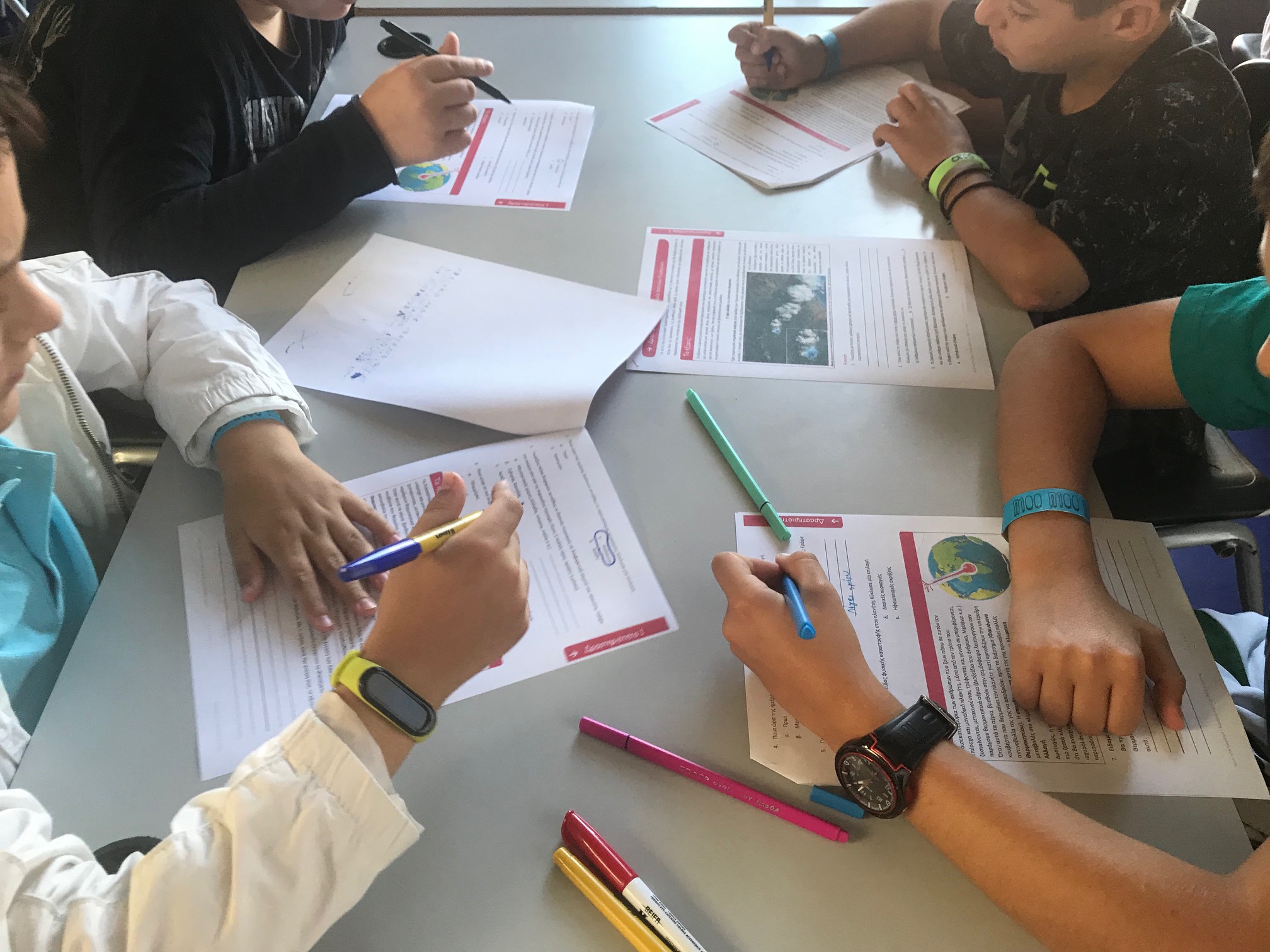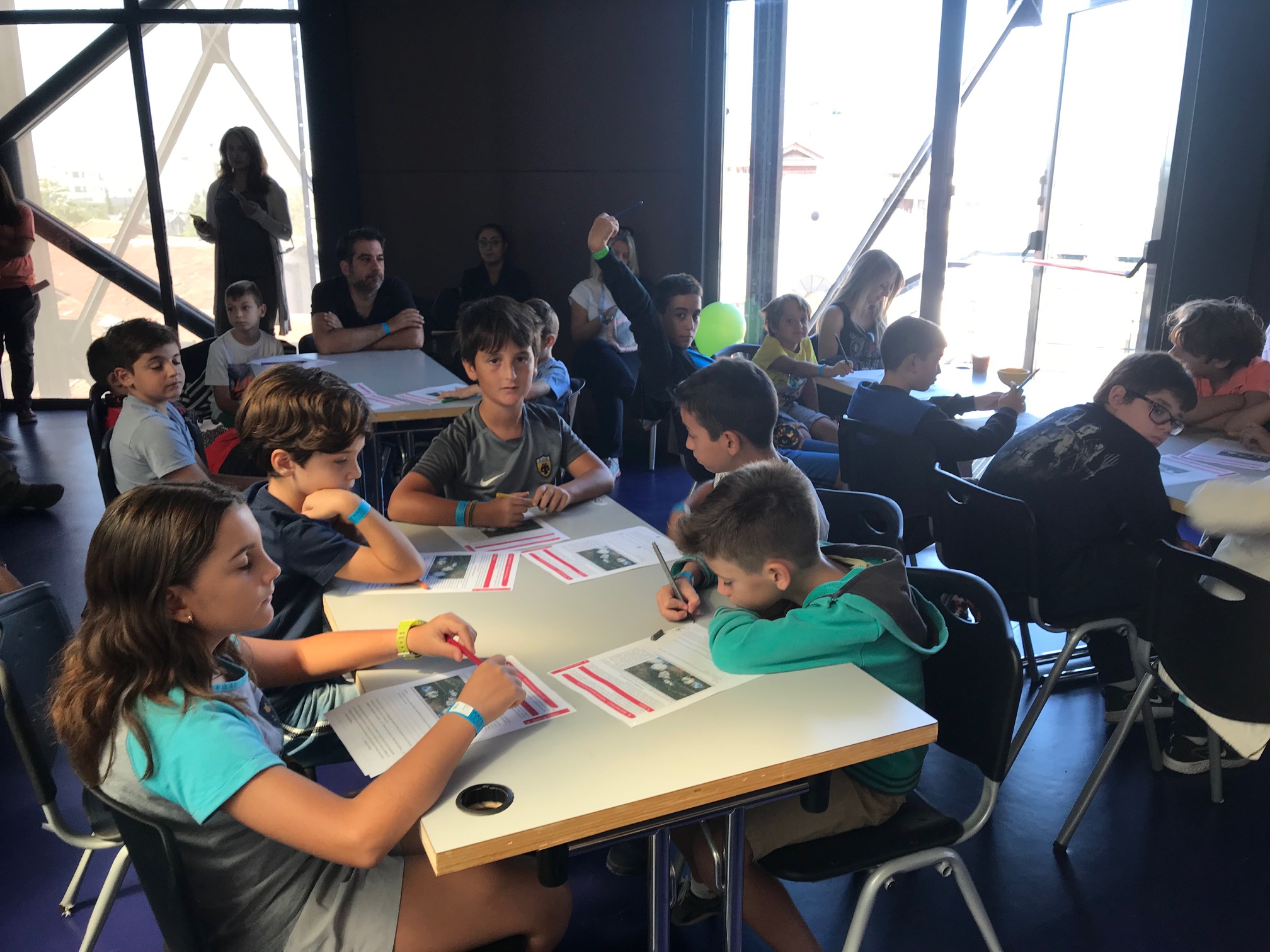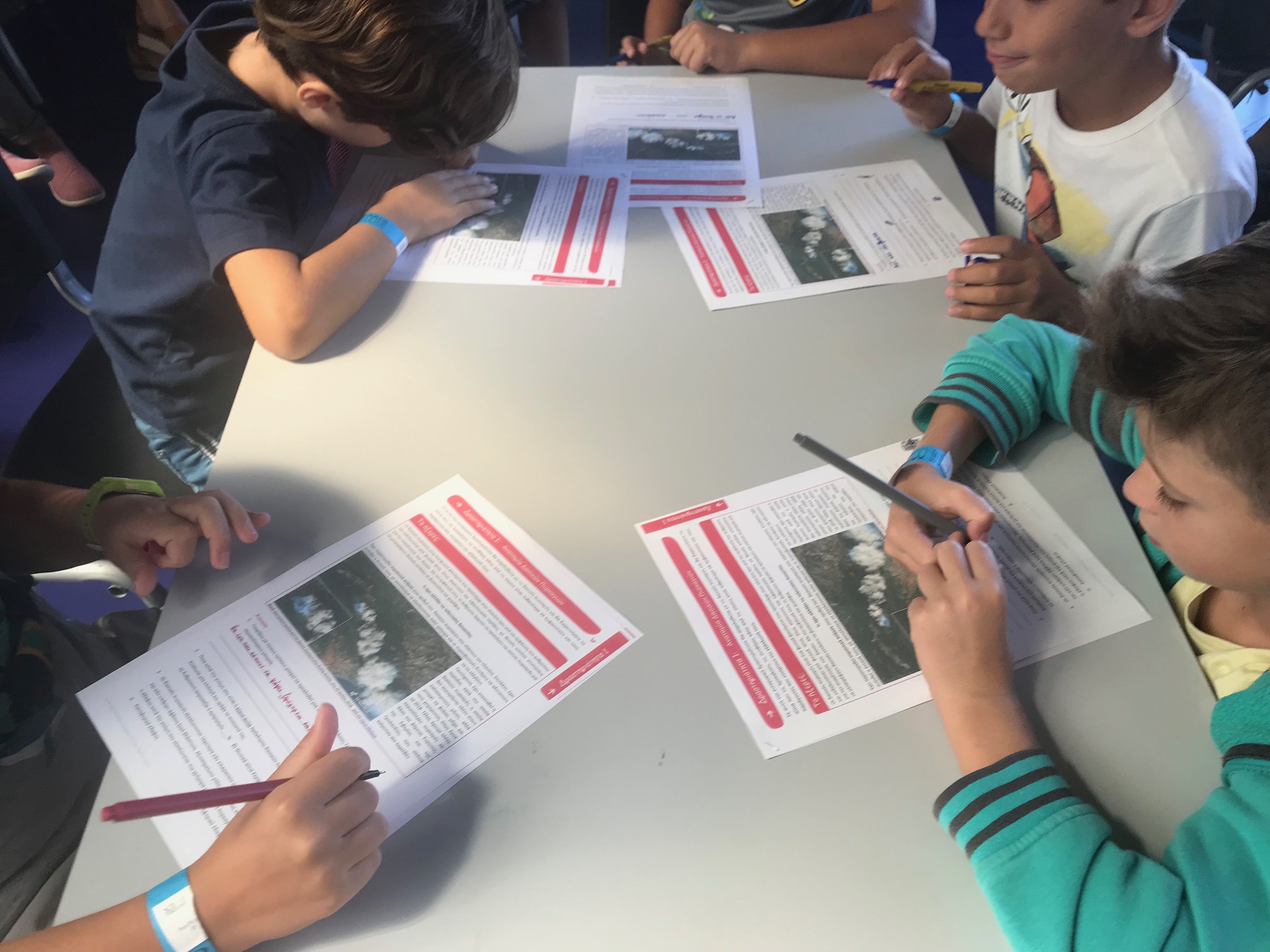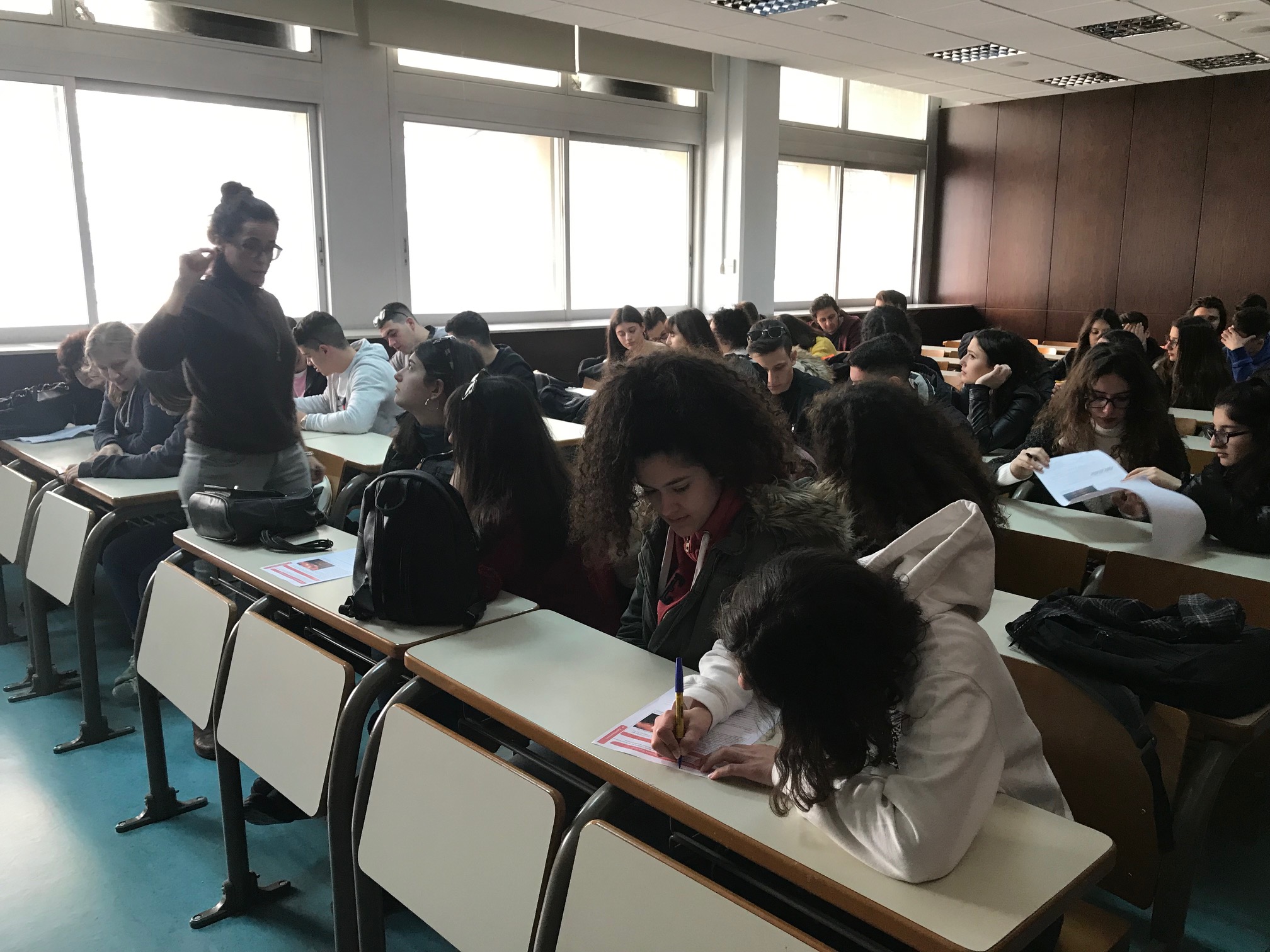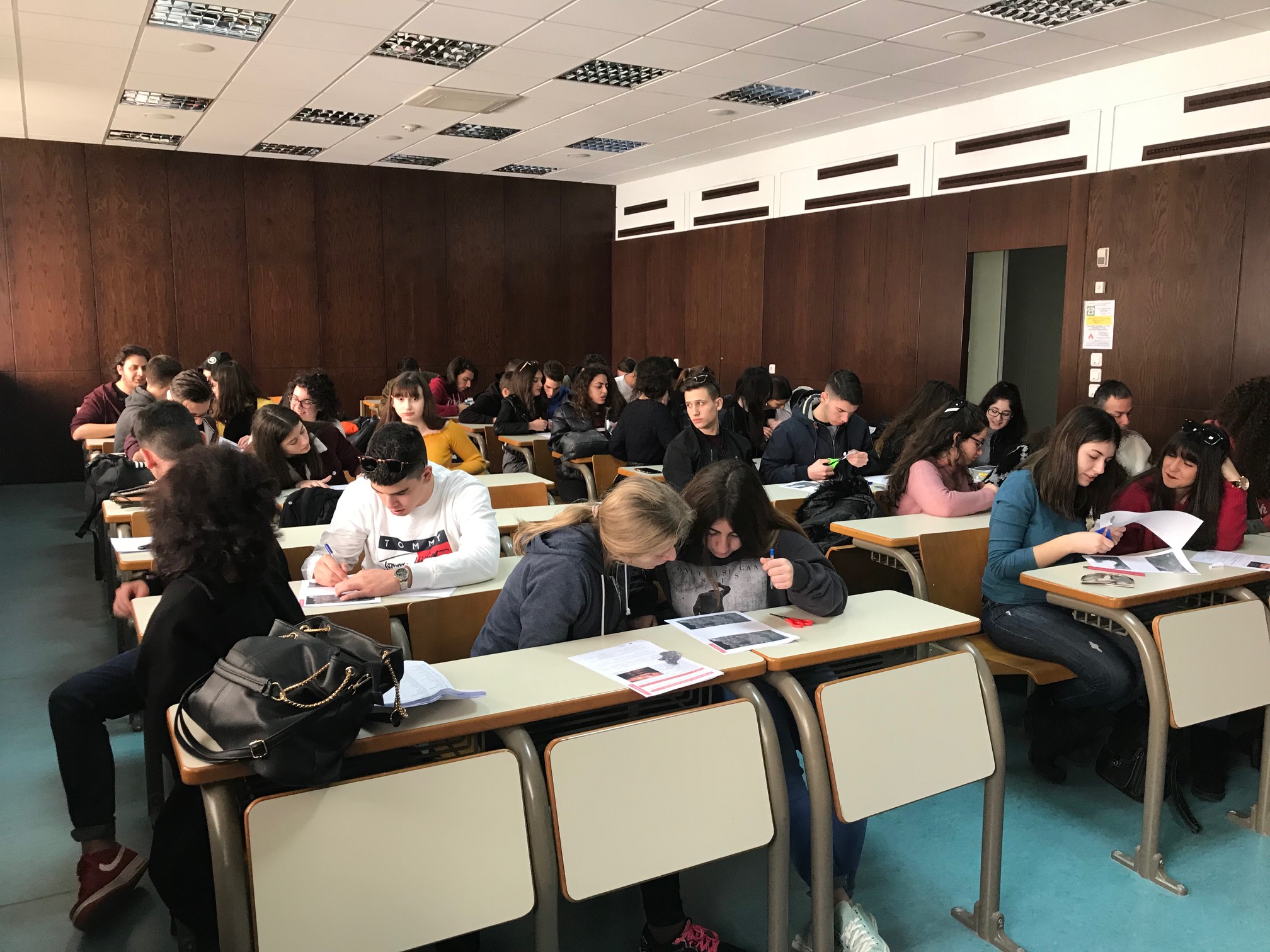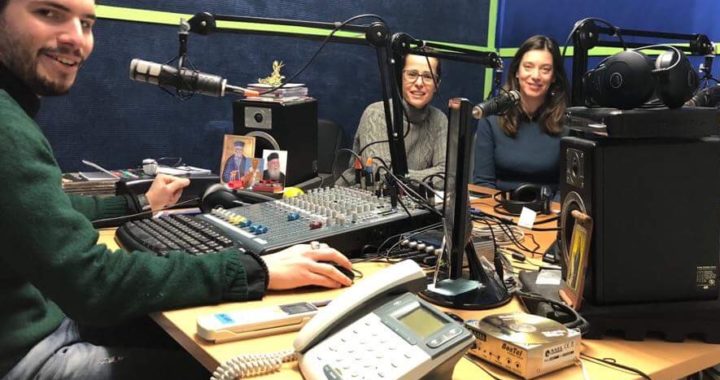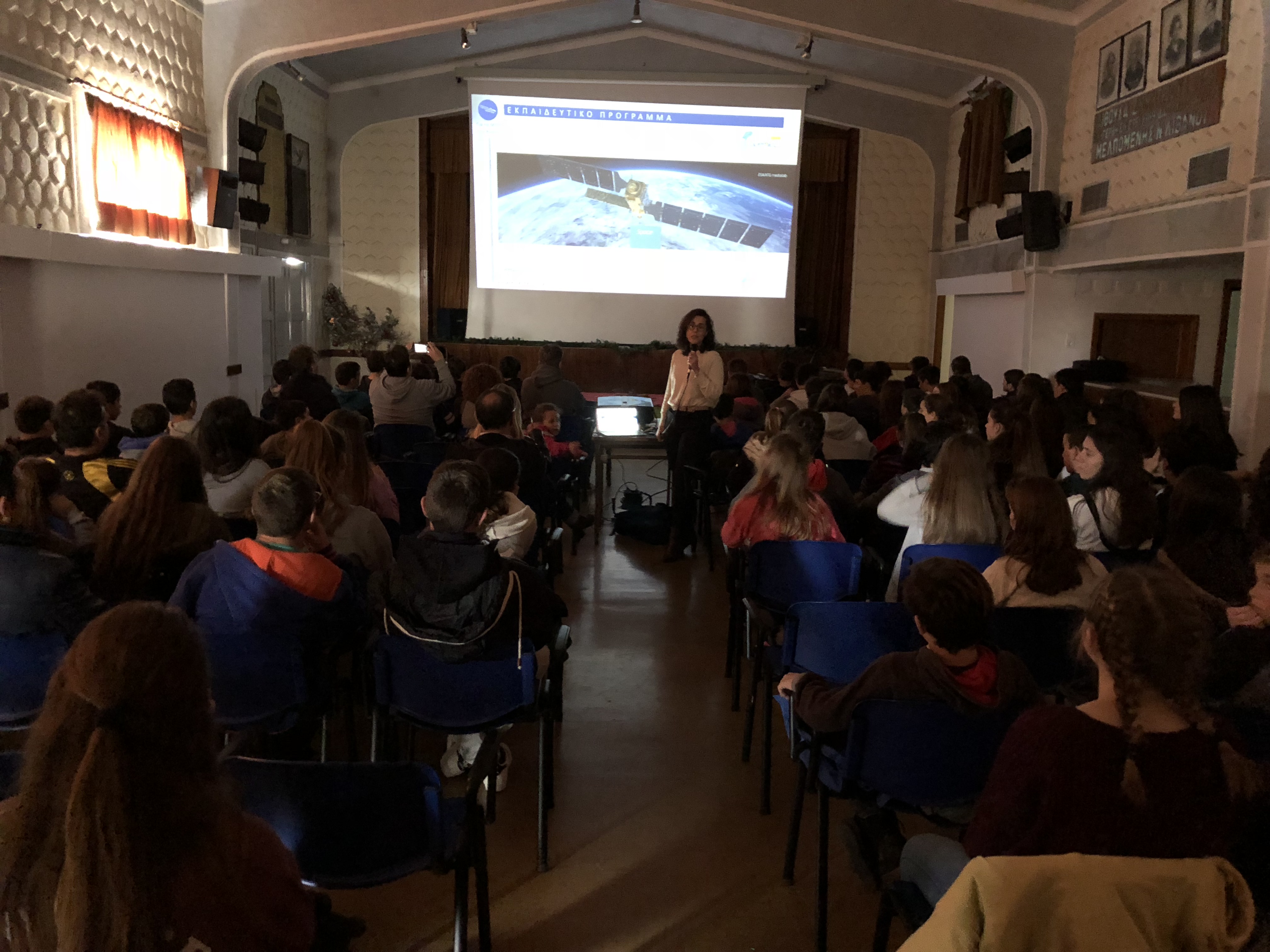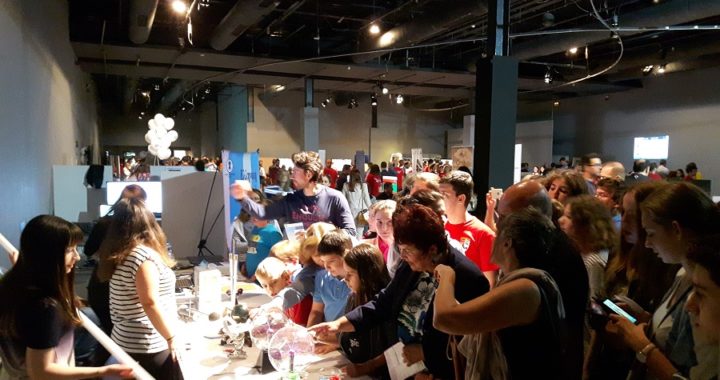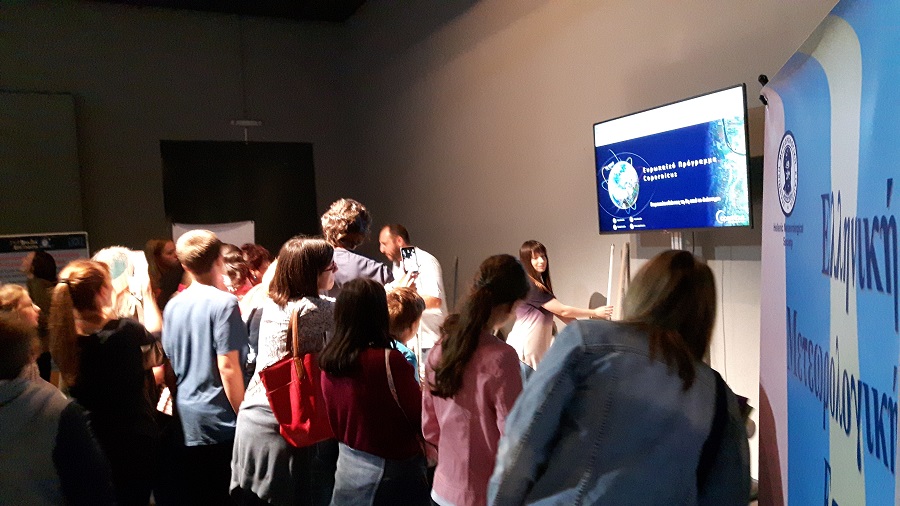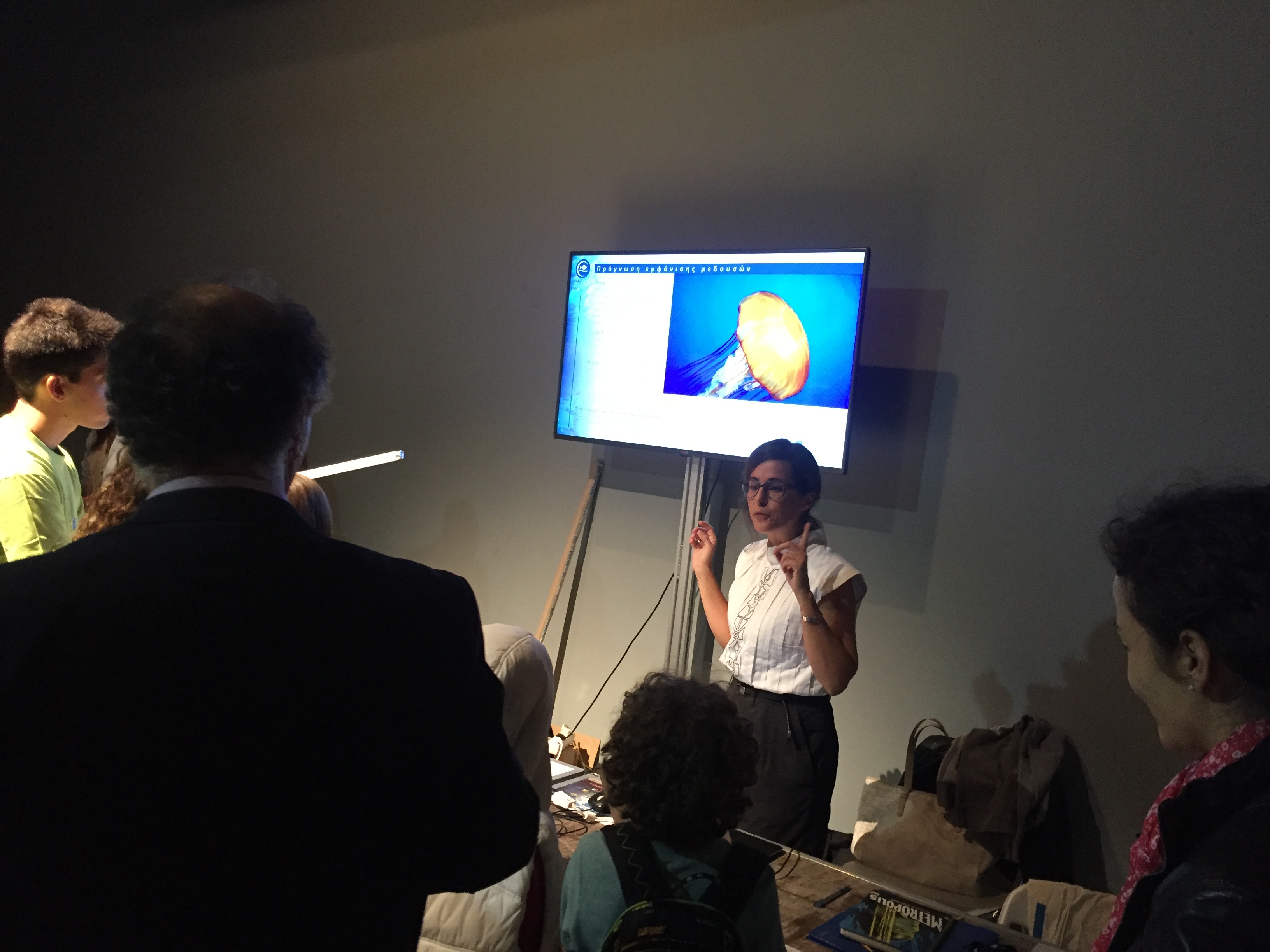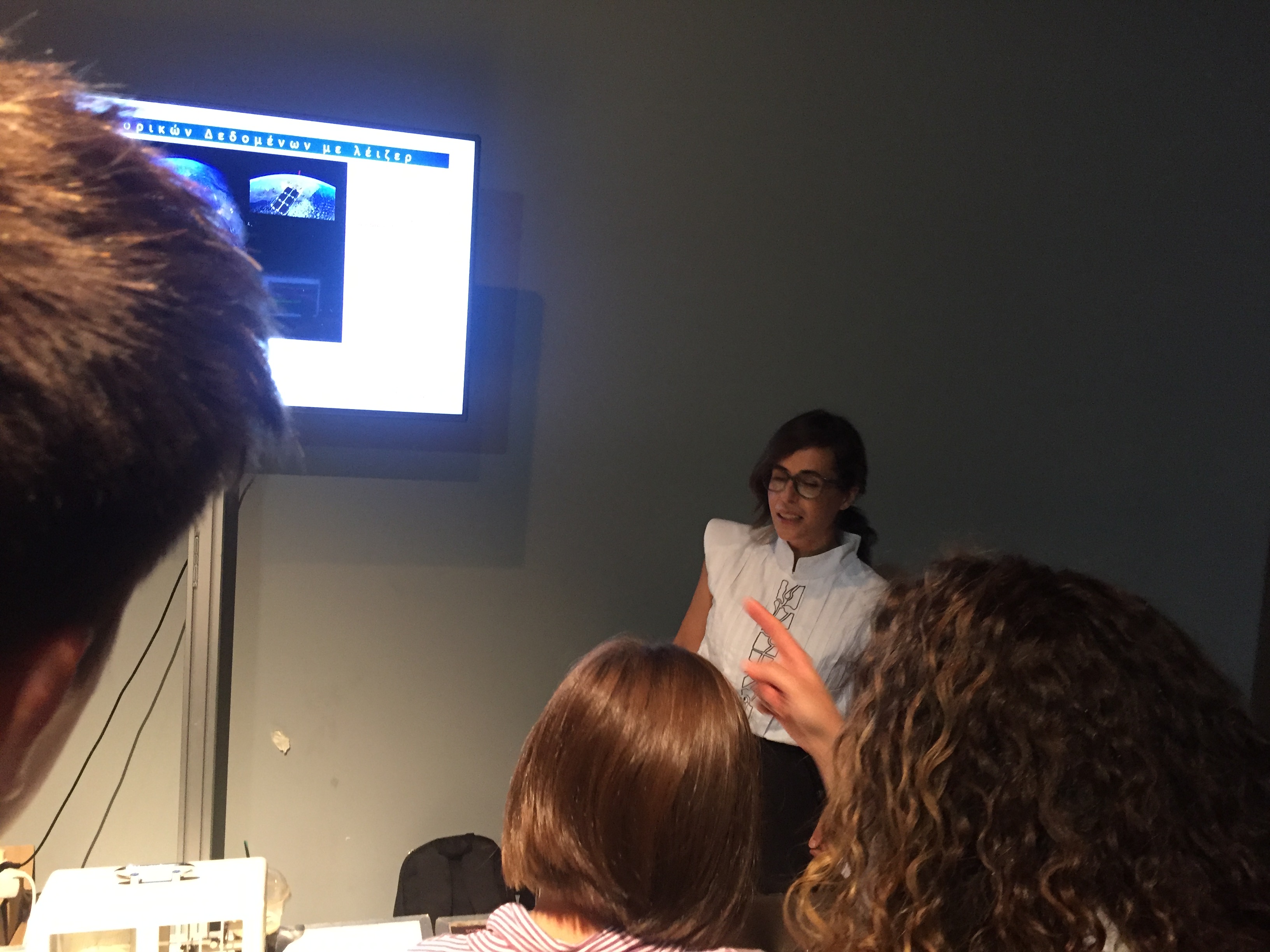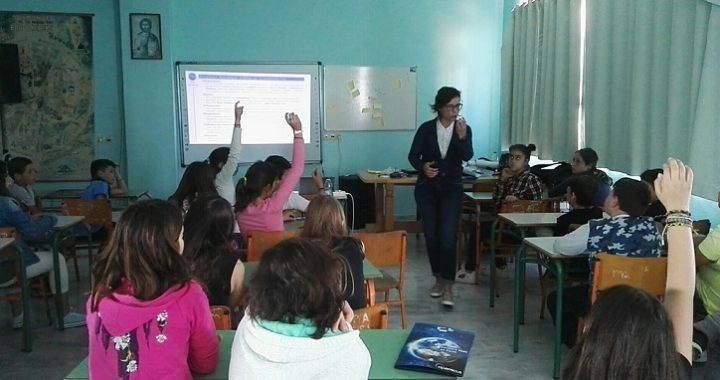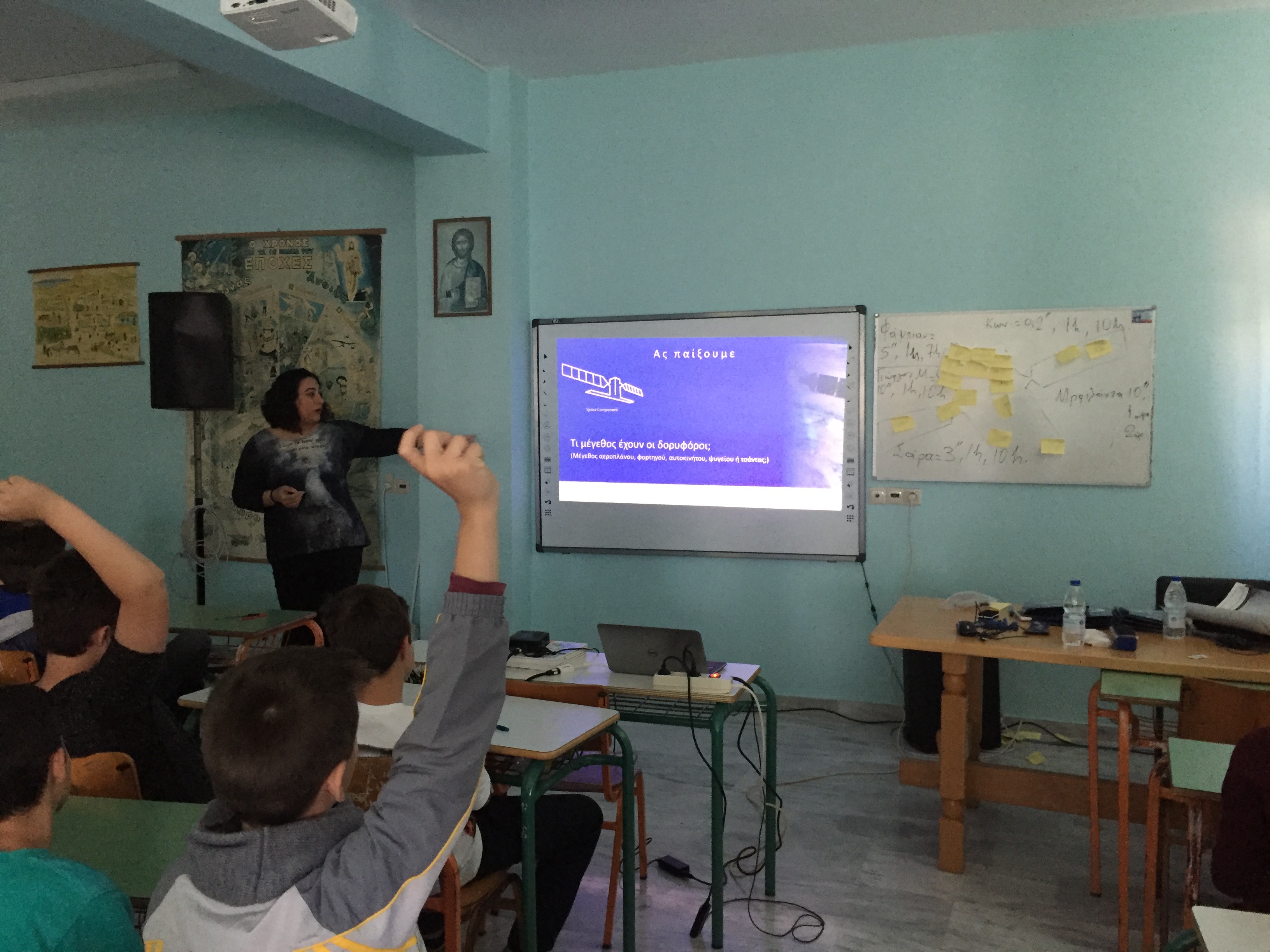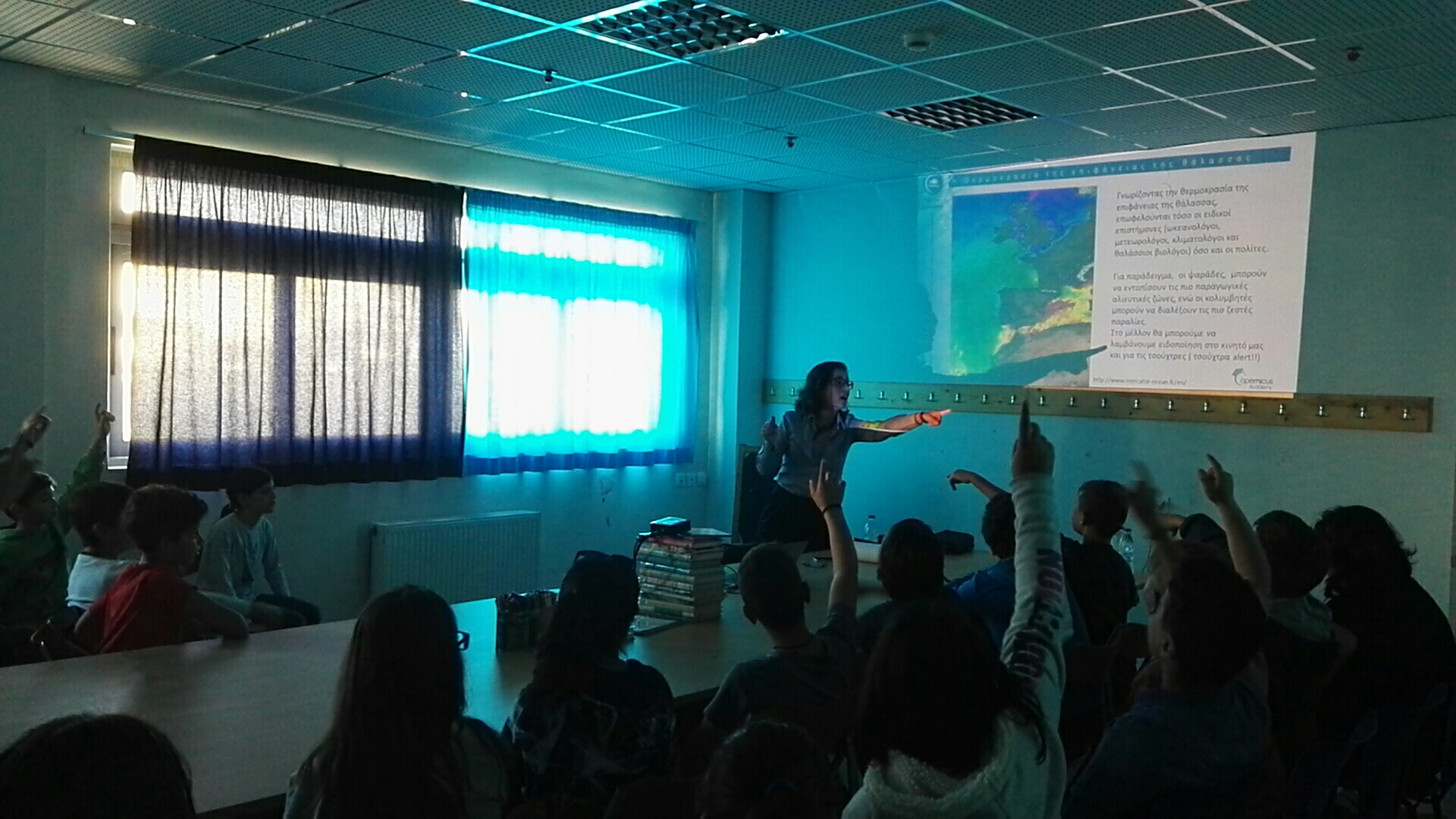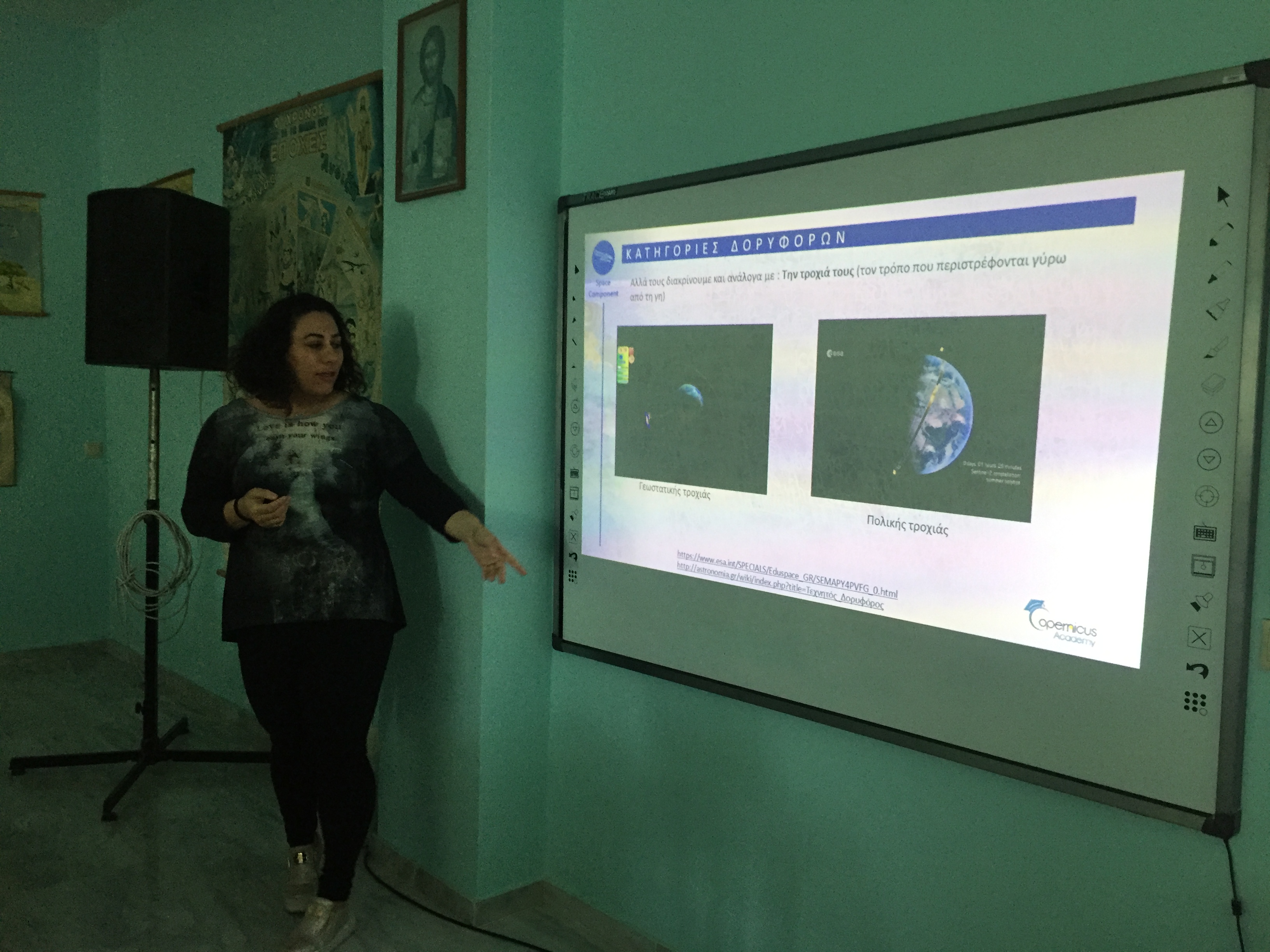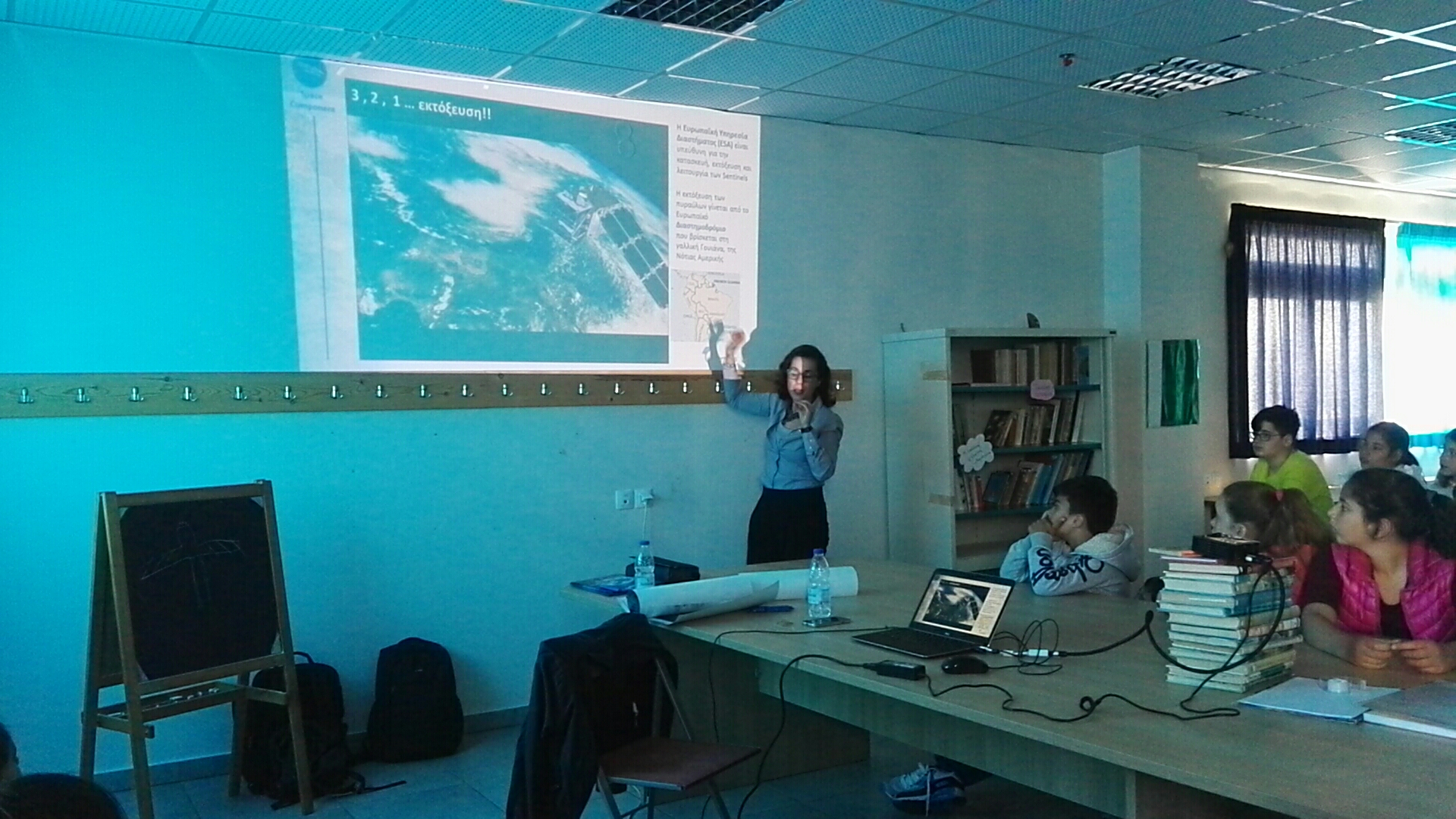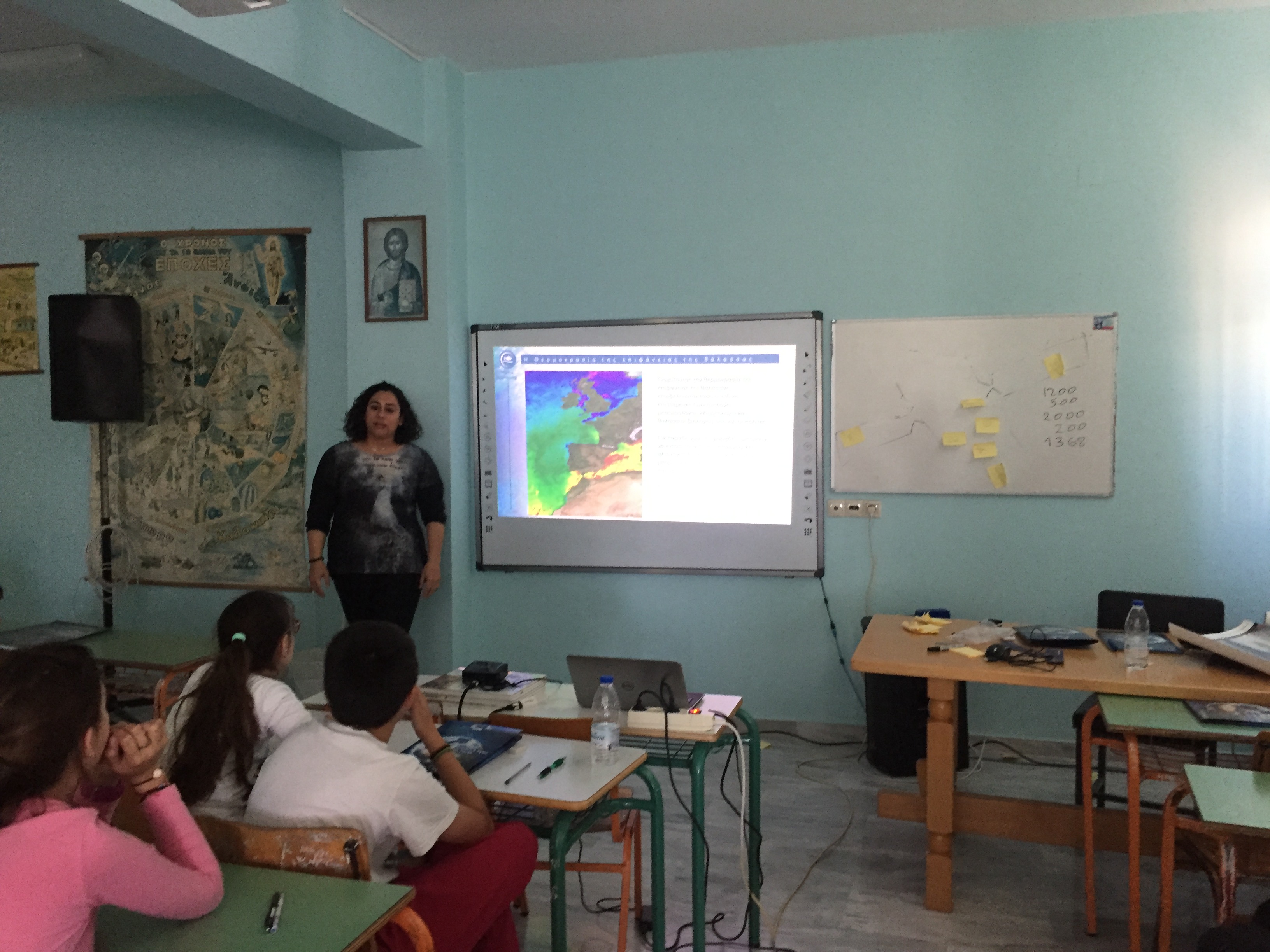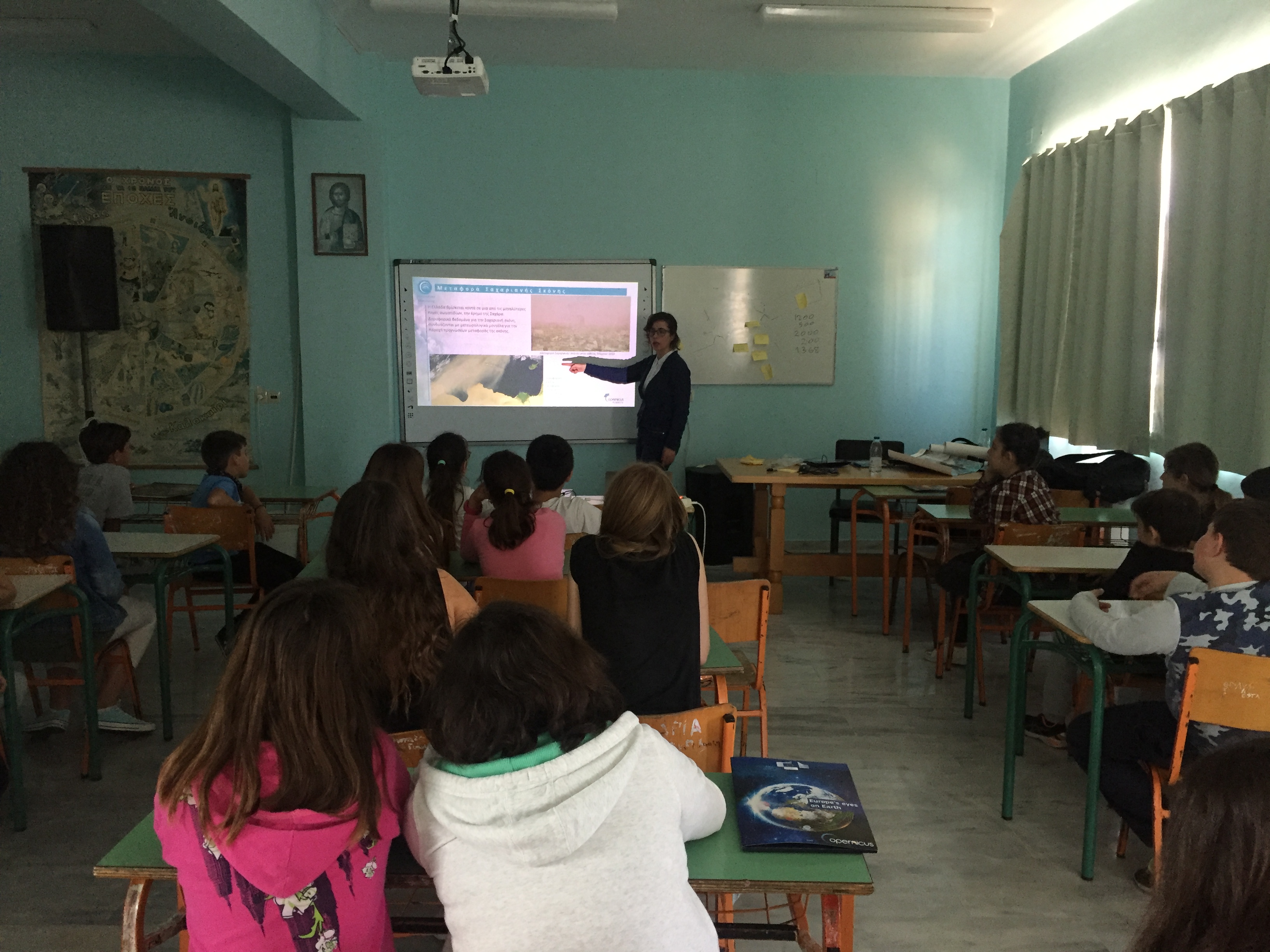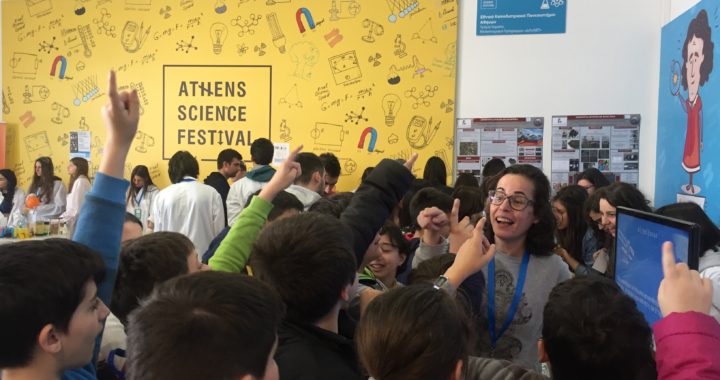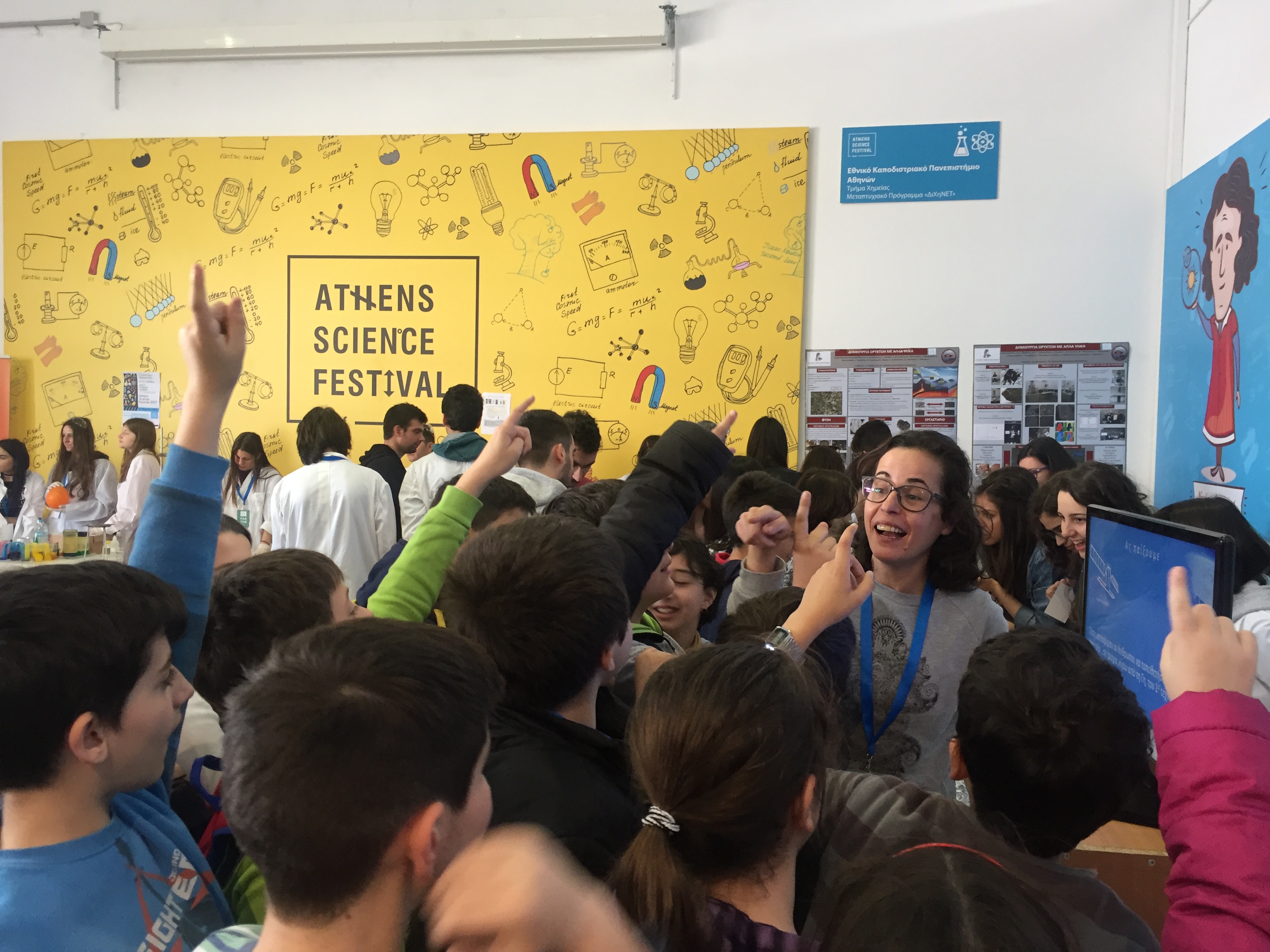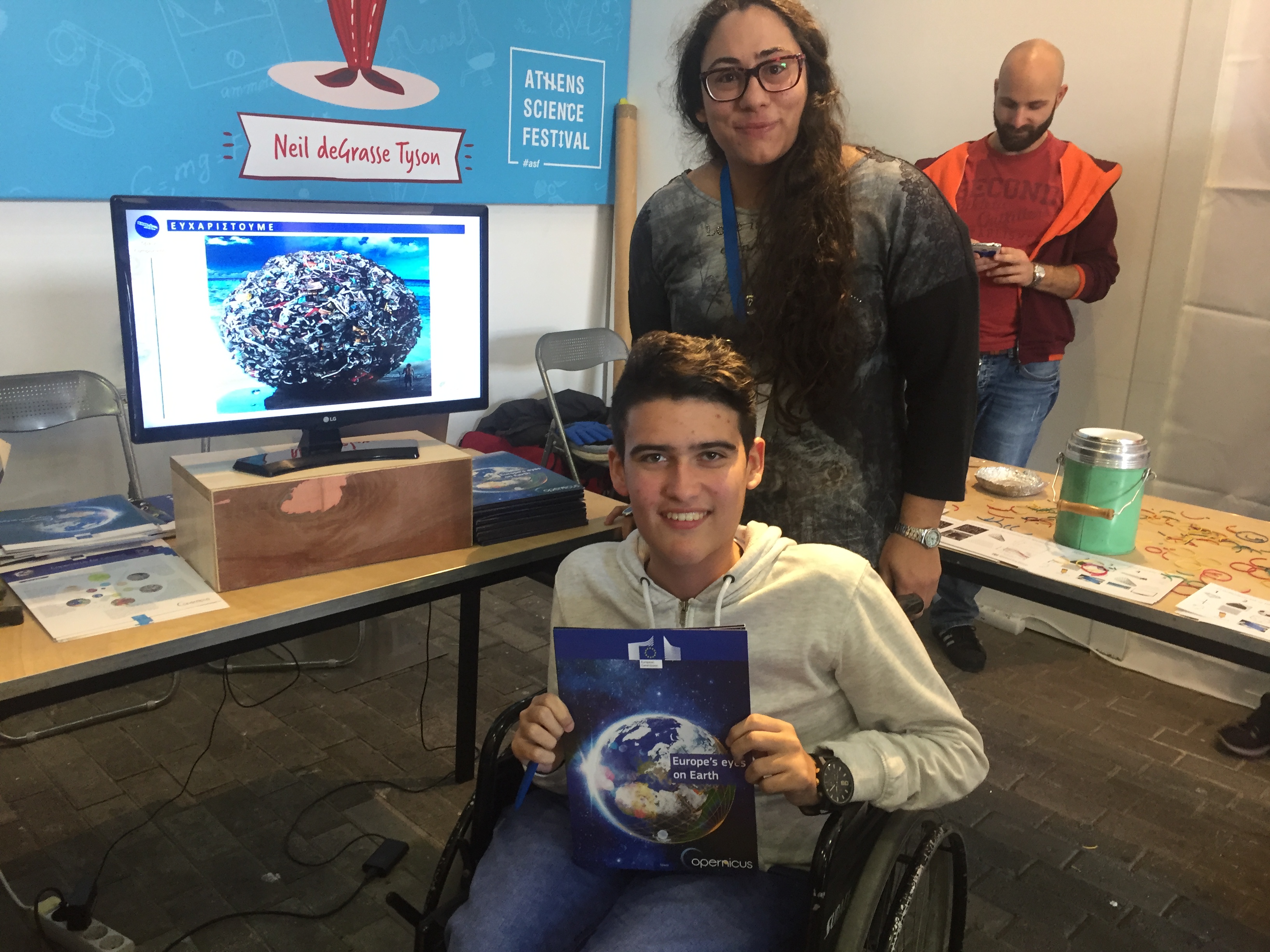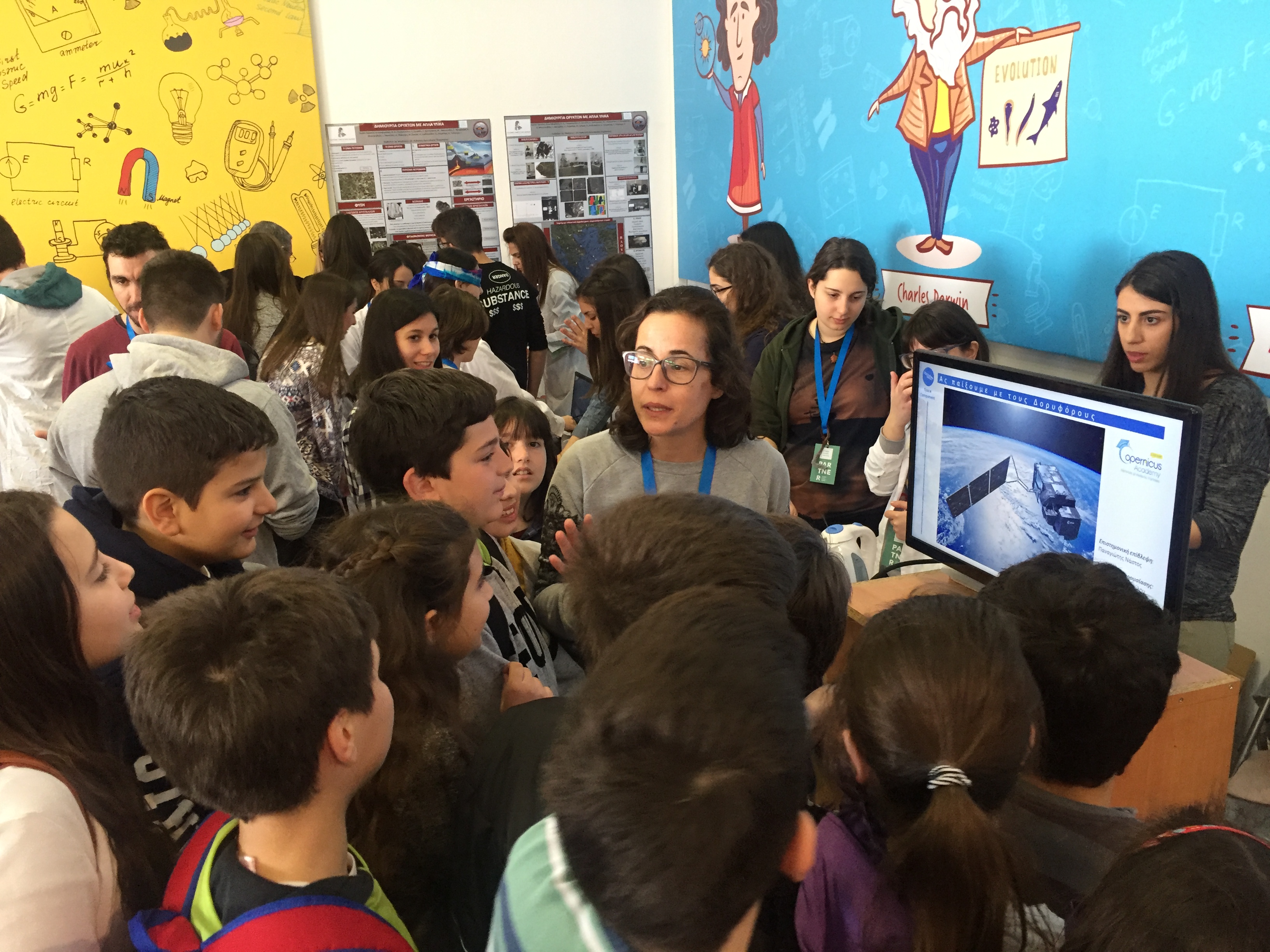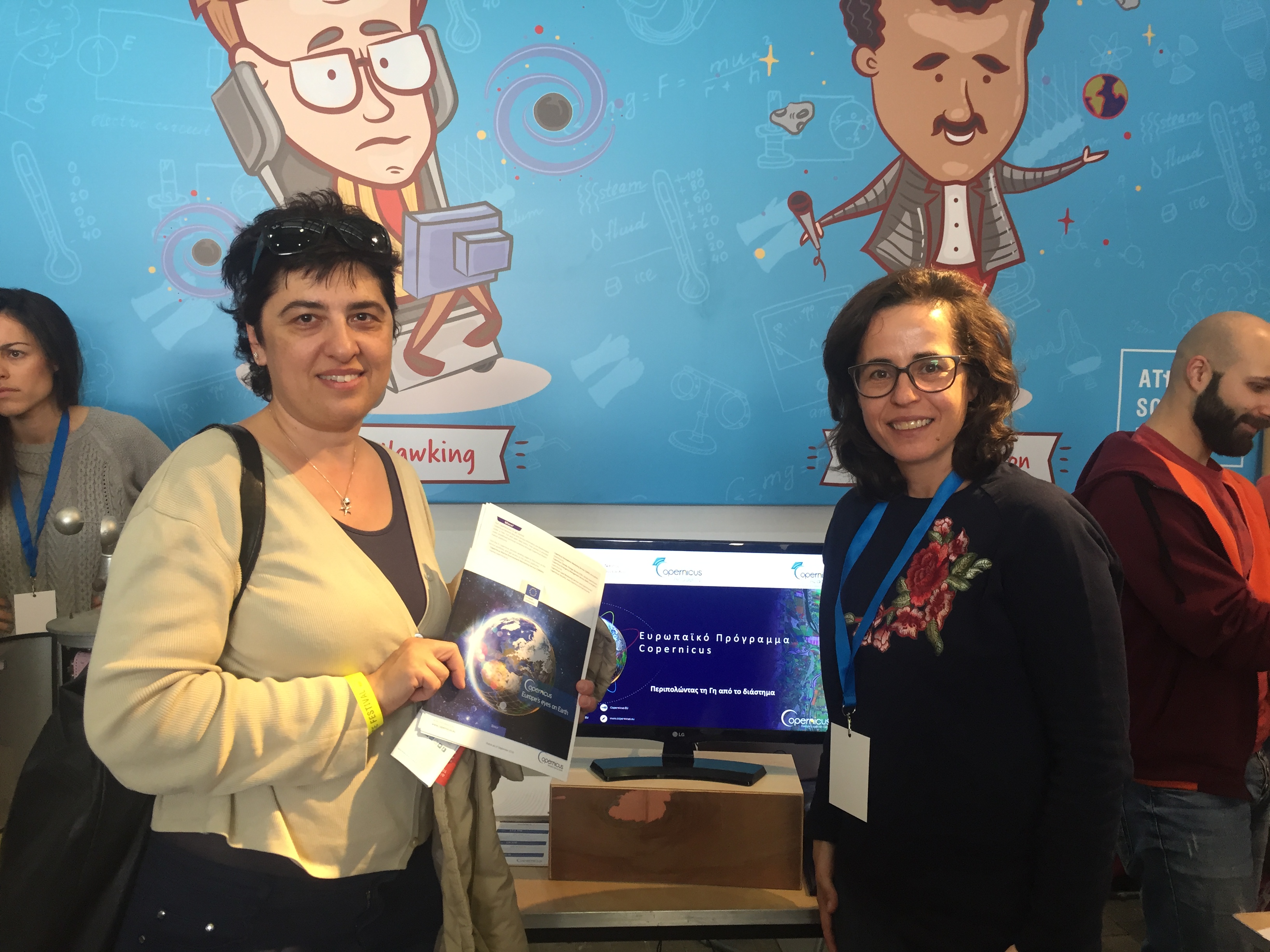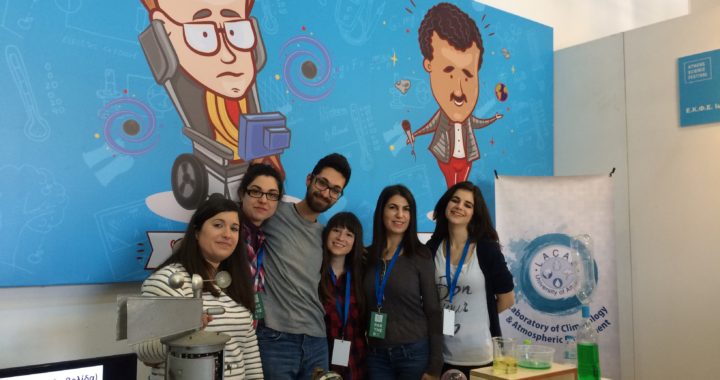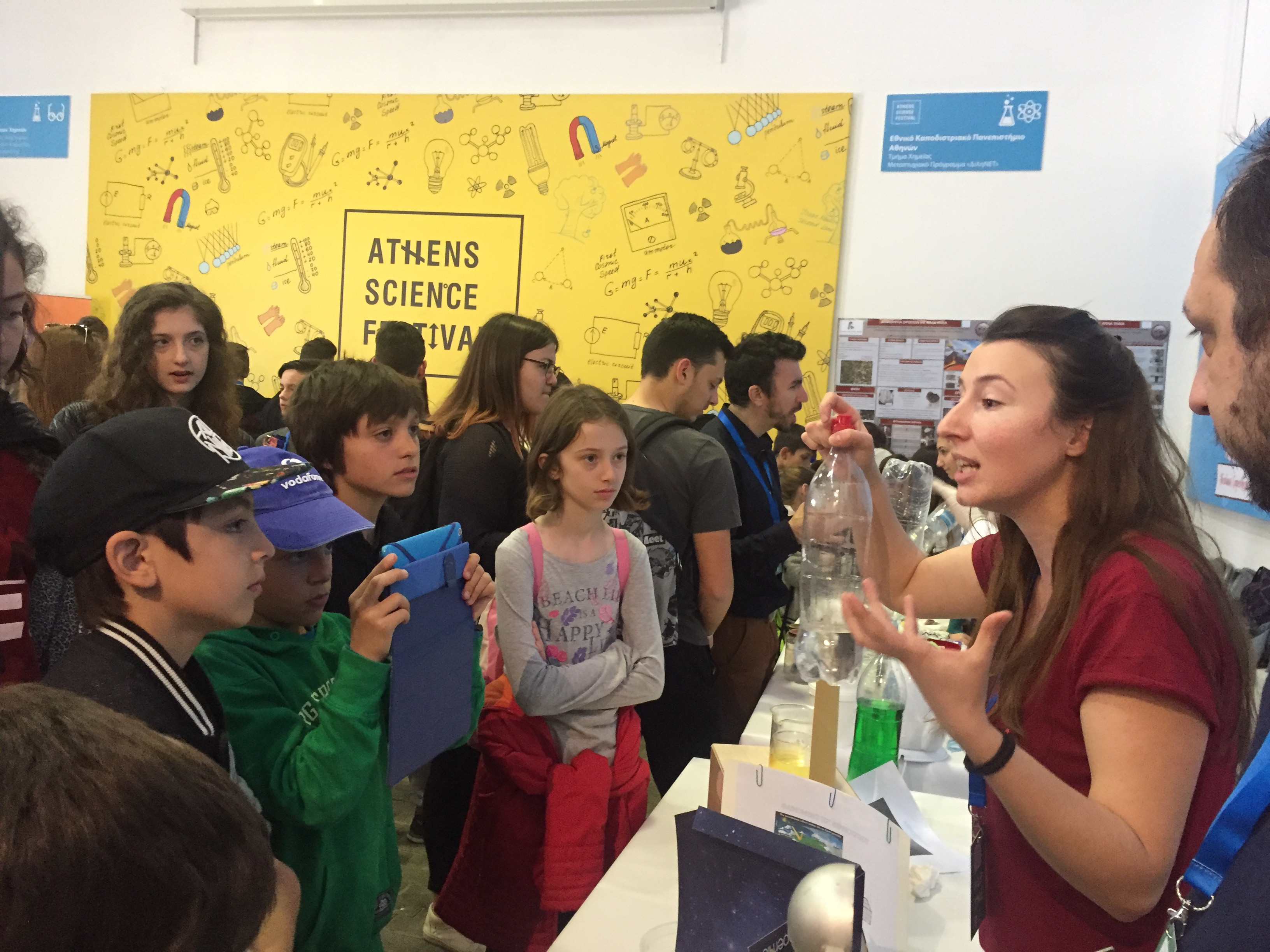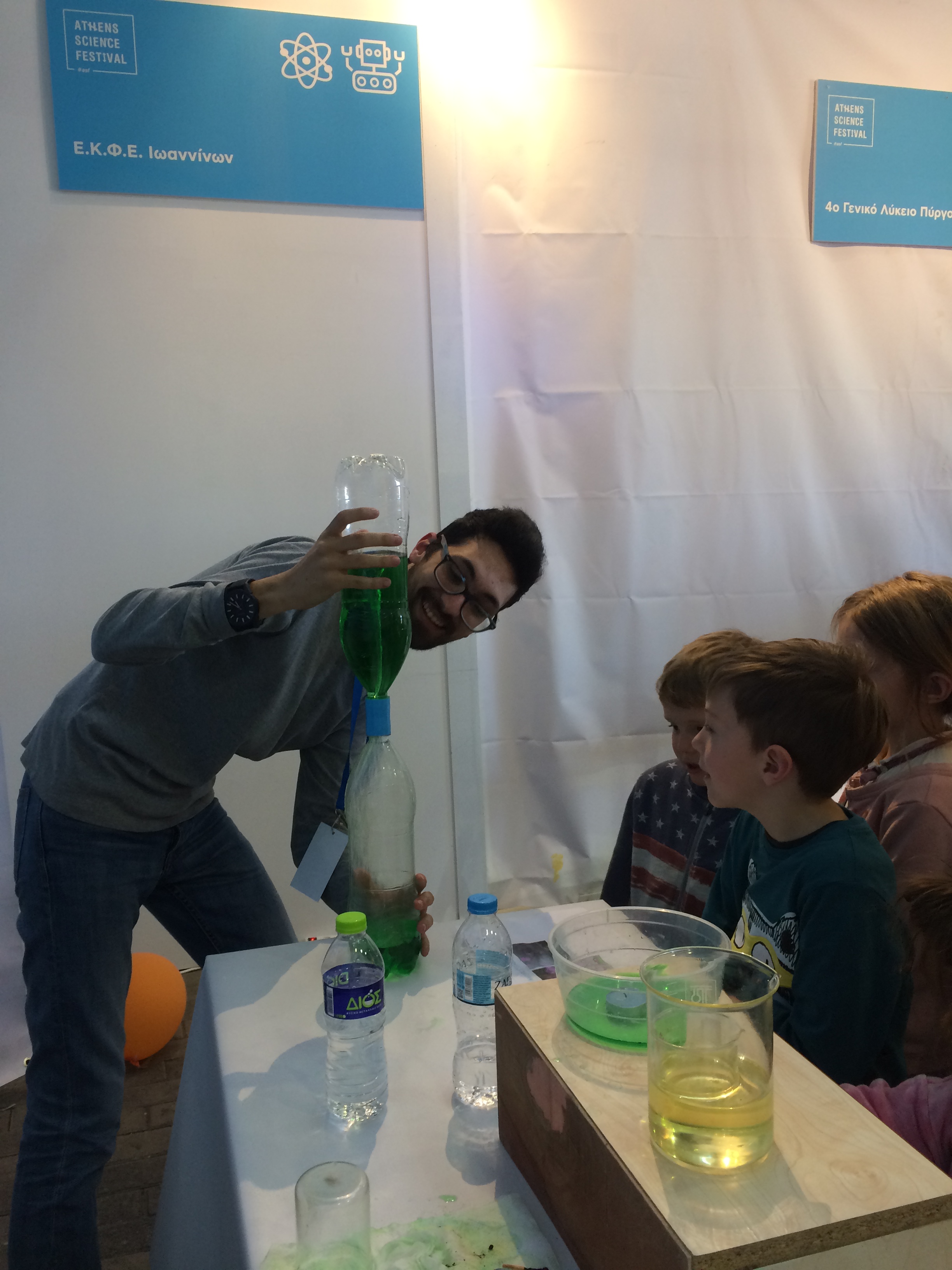With the completion of 4.5 years since the launch of the Aeolus satellite, the European Space Agency (ESA), in collaboration with the National Observatory of Athens (NOA) and the high-tech company Raymetrics, co-organised the closing conference "Aeolus 2023" of the flagship mission in Rhodes (22-26 May 2023). World-renowned scientists from European remote sensing centers, NASA and JAXA, met with the managers of the European Centre for Medium-Range Weather Forecasting (ECMWF) to draw conclusions on the contribution of Aeolus wind data to the accuracy of weather forecasts.
In this context, members of the Department of Geology and Geoenvironment of the University of Athens and the NOA - ReACT team of the National Observatory of Athens, with the support of the ESA - European Space Agency education office and the Greek ESERO office, designed and implemented, for the first time, an innovative educational programme, the "Aeolus EDU" for the Aeolus satellite mission.
150 students (6th grade) from the 1st, 12th and 13th Primary Schools of Rhodes participated in the educational programme, at the Rodos Palace Hotel, on Wednesday 24 May 2023. Aeolus EDU is an active learning program that focuses on the interaction of students with wind measuring instruments and hands-on experiments related to the physics’ principles behind the "Doppler Wind Lidar" technology used for monitoring the wind from space.
Students had the opportunity to learn what causes winds, what ground-based instruments we use to monitor wind, why the Aeolus satellite mission is so important and what innovative technologies the satellite uses to monitor winds globally and continuously from space. Finally, the students had the opportunity to meet and converse with Tommaso Parrinello and Thorsten Fehr - the Aeolus mission manager and the head of the ESA Atmospheric Section- who were impressed by the students’ enthusiasm.
The programme was designed and implemented with the help of the following persons:
- Panagiota Asimakopoulou (PhD candidate of the Department of Geology and Geoenvironment of the University of Athens and member of the Laboratory of Climatology and Atmospheric Environment - (LACAE) and the Remote Sensing Laboratory - (RSLab-NKUA)
-Maria Tsichla, Ioanna Tsikoudi, Peristera Paschou, Olympia Vasardani and Stavroula Papatheochari (associate researchers and PhD candidates at the National Observatory of Athens, and members of the NOA - ReACT team)
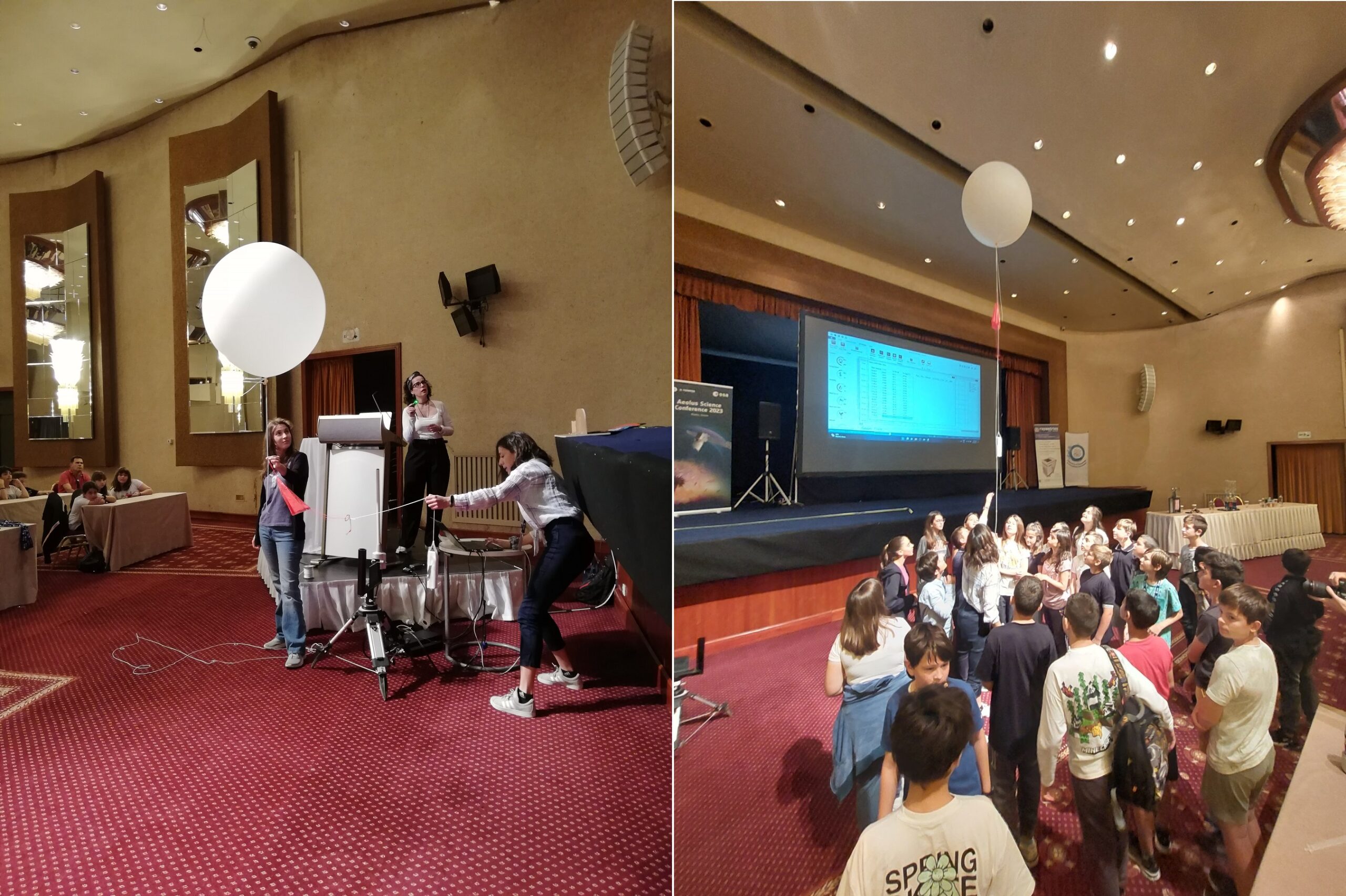
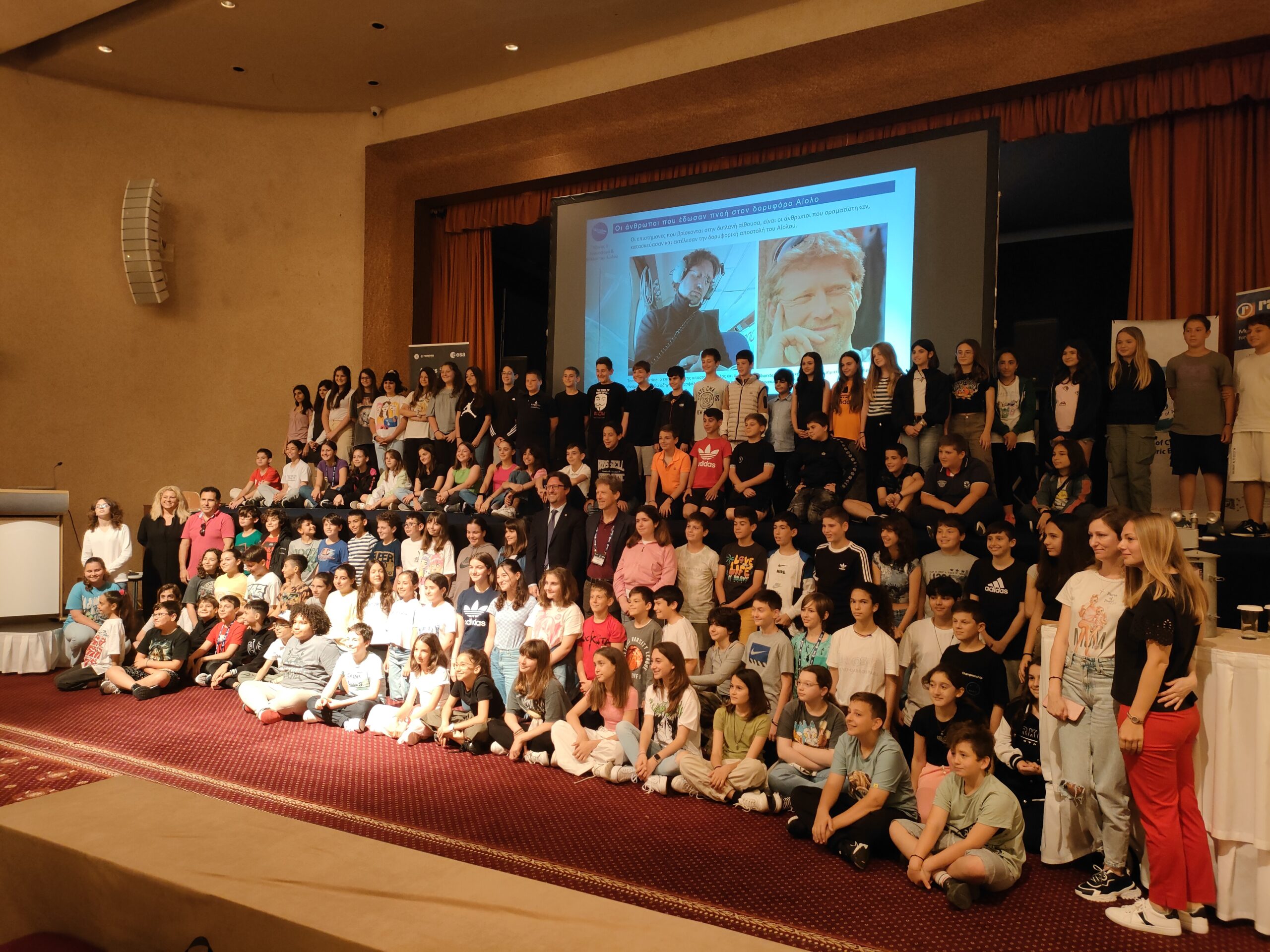
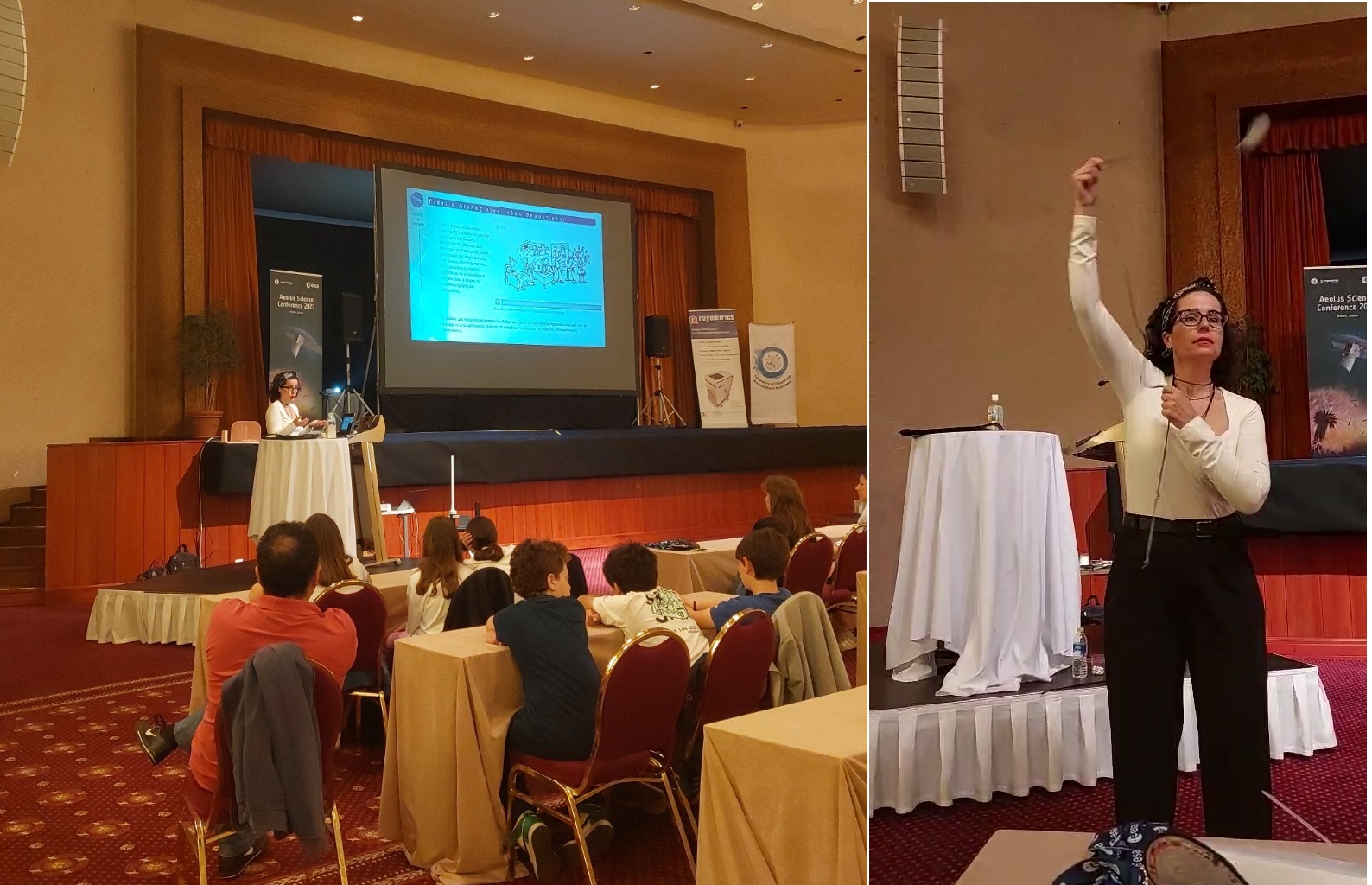
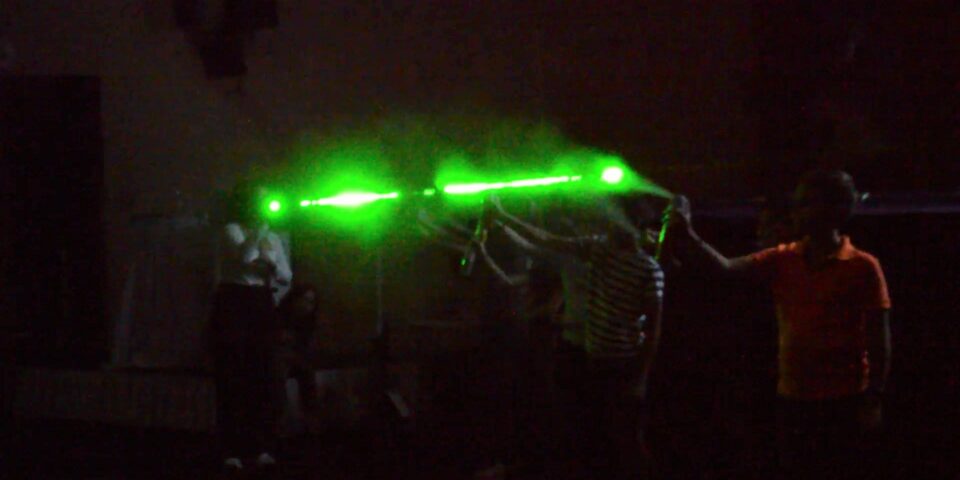
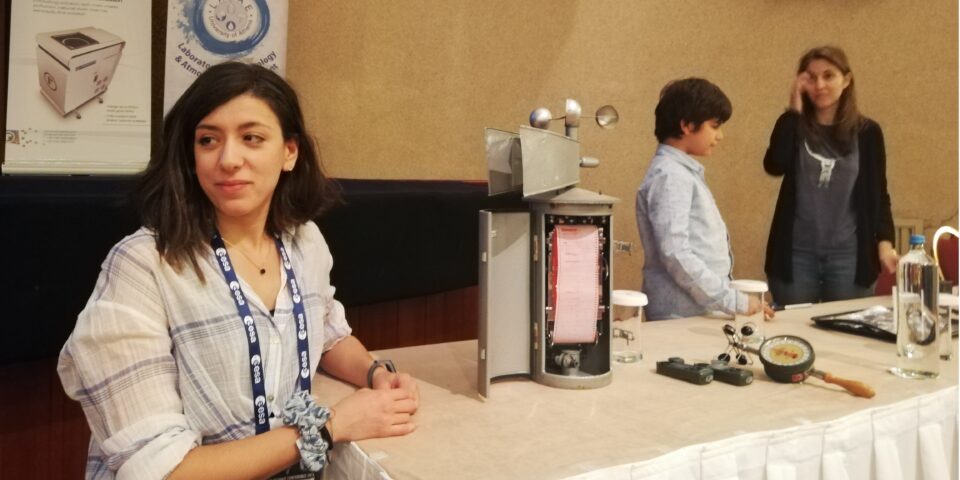
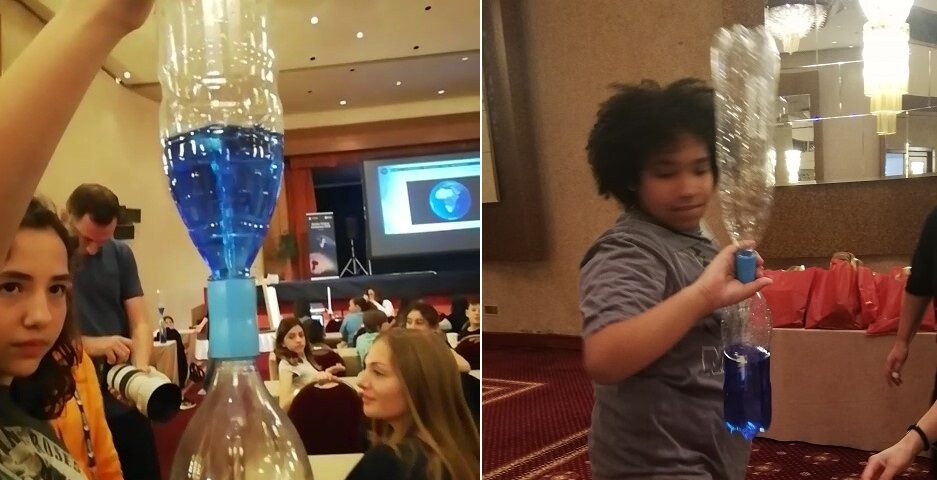

This programme would not have been possible without the support of:
- The Laboratory of Climatology and Atmospheric Environment (LACAE), the Remote Sensing Laboratory (RSLab-NKUA) and the Department of Geology and Geoenvironment of NKUA
- The NOA - ReACT team of the National Observatory of Athens
- The Greek ESERO office
- The ESA Education Department
- The organizing committee (Tommaso Parrinello, Thorsten Fehr and Vassilis Amiridis, NOA) of the Aeolus 2023 conference
- The Rodos Palace Hotel.
- The principals and teachers of the 1st, the 12th and the 13th primary schools of Rhodes.
